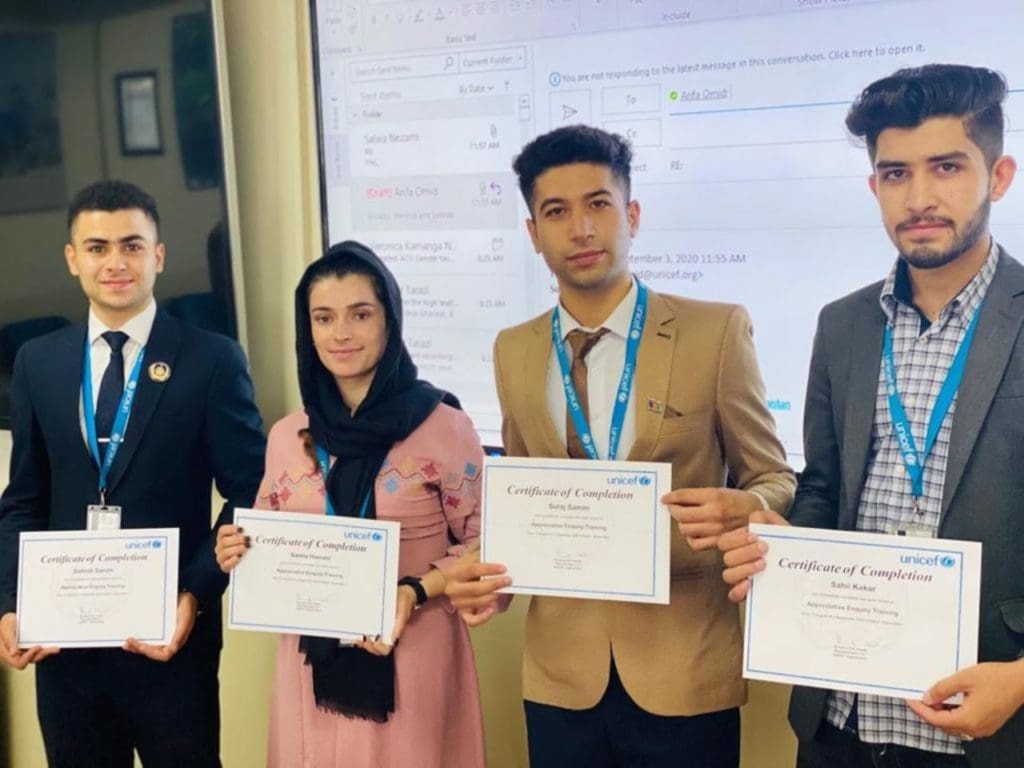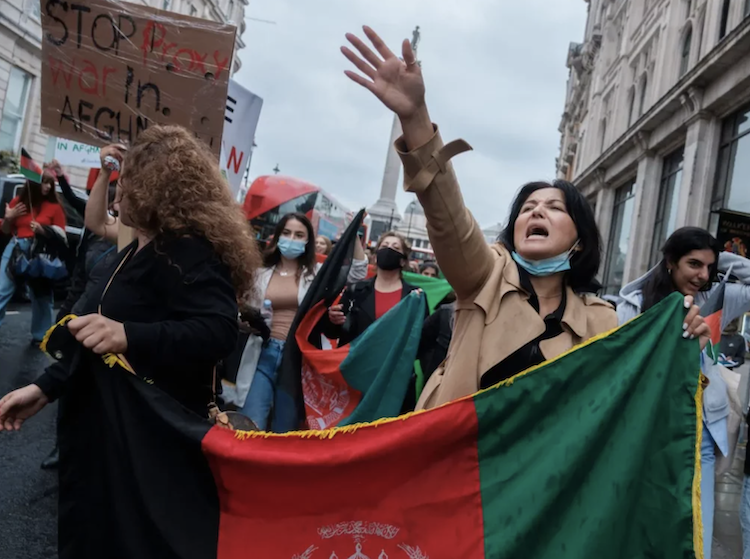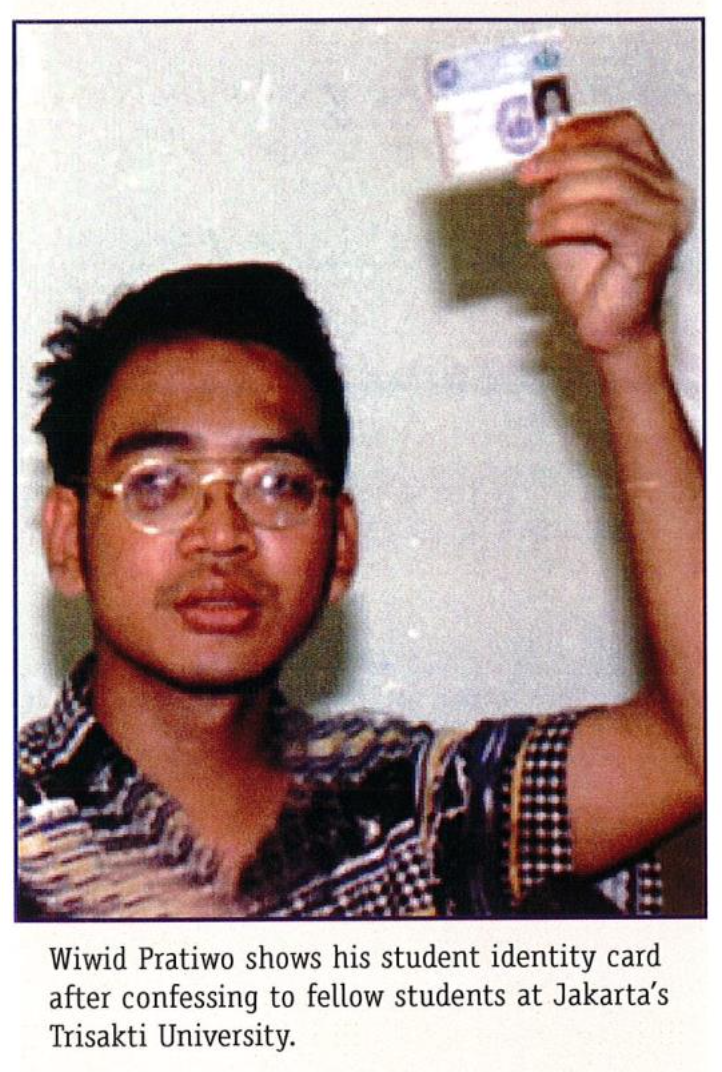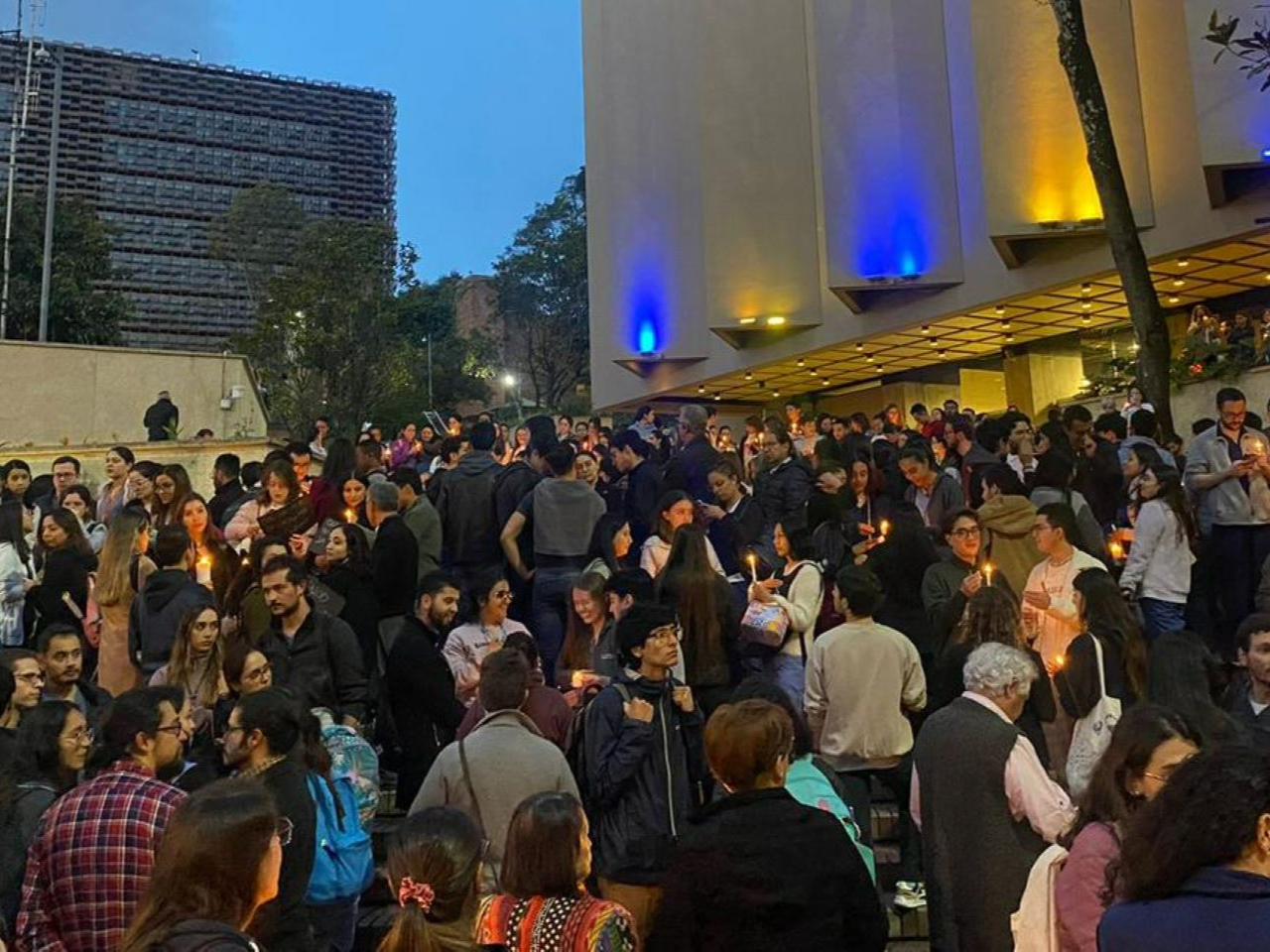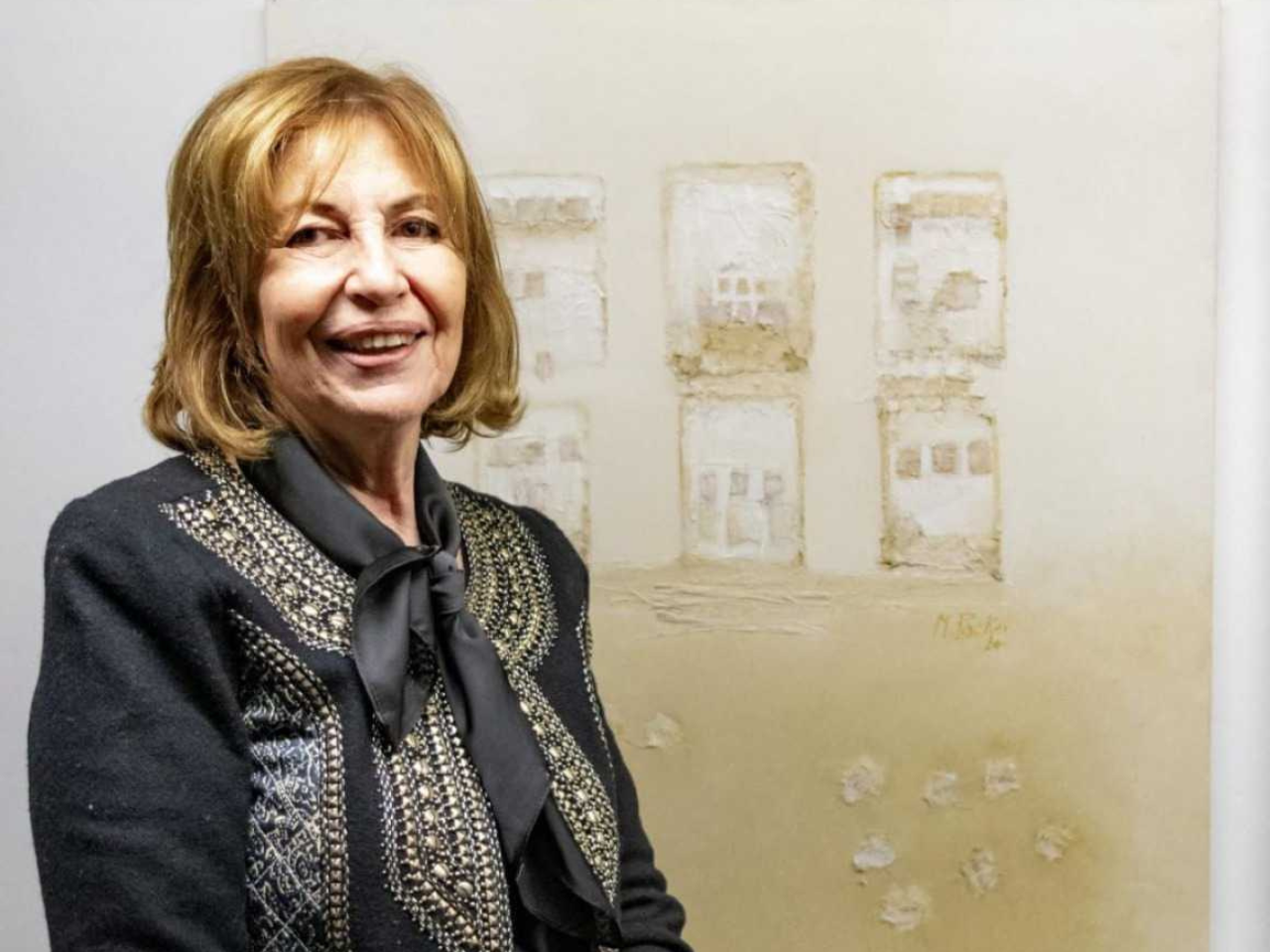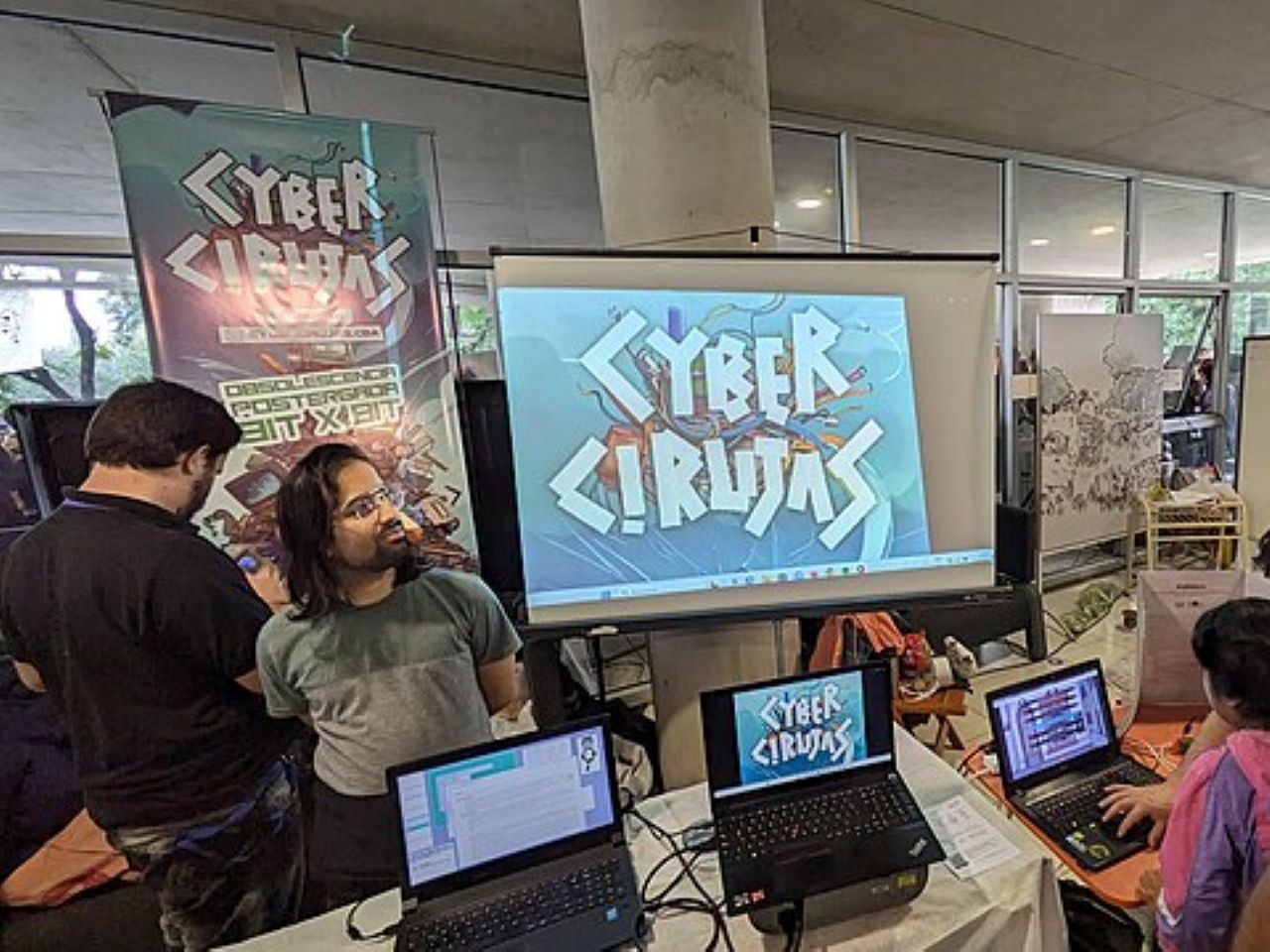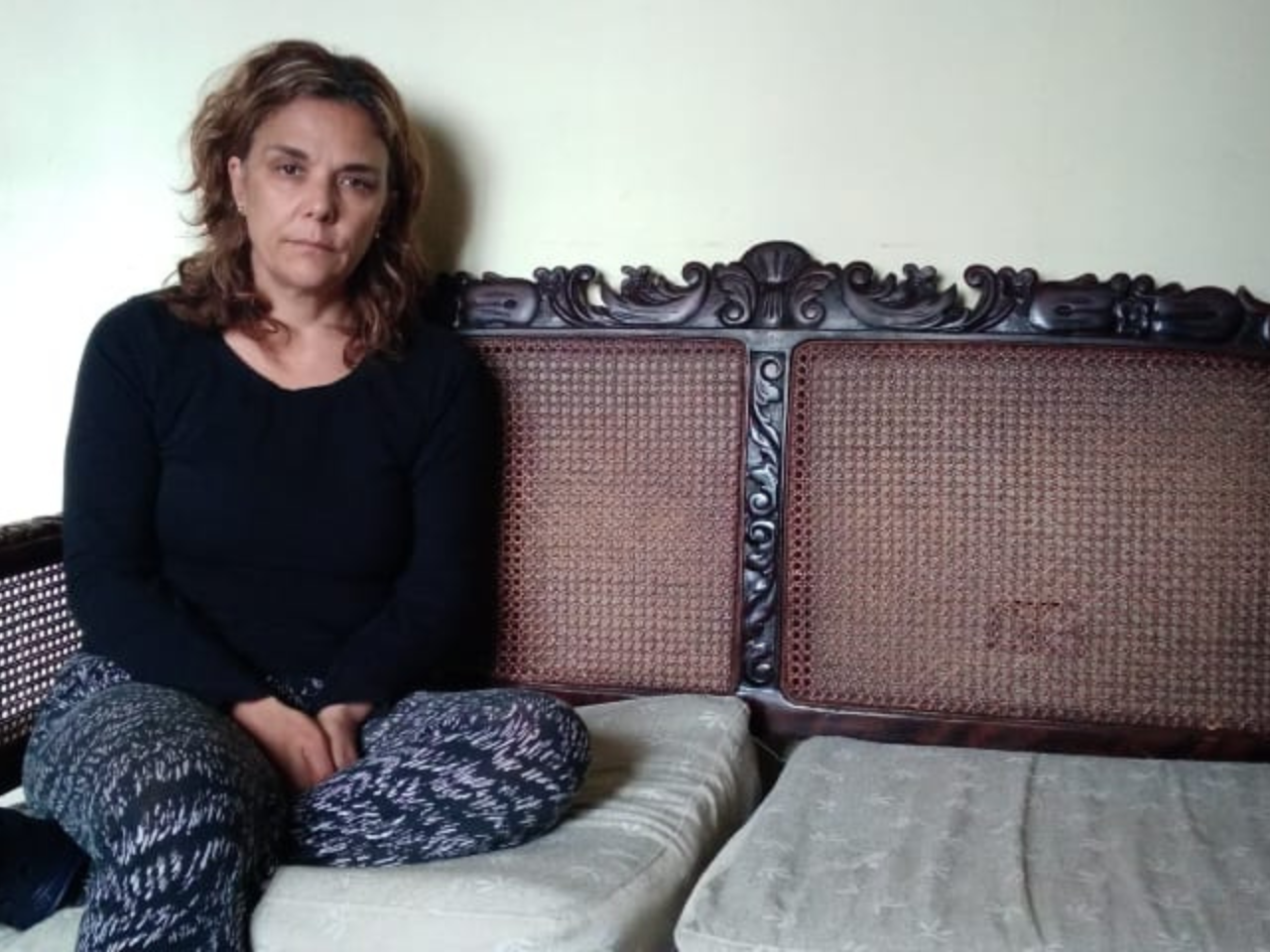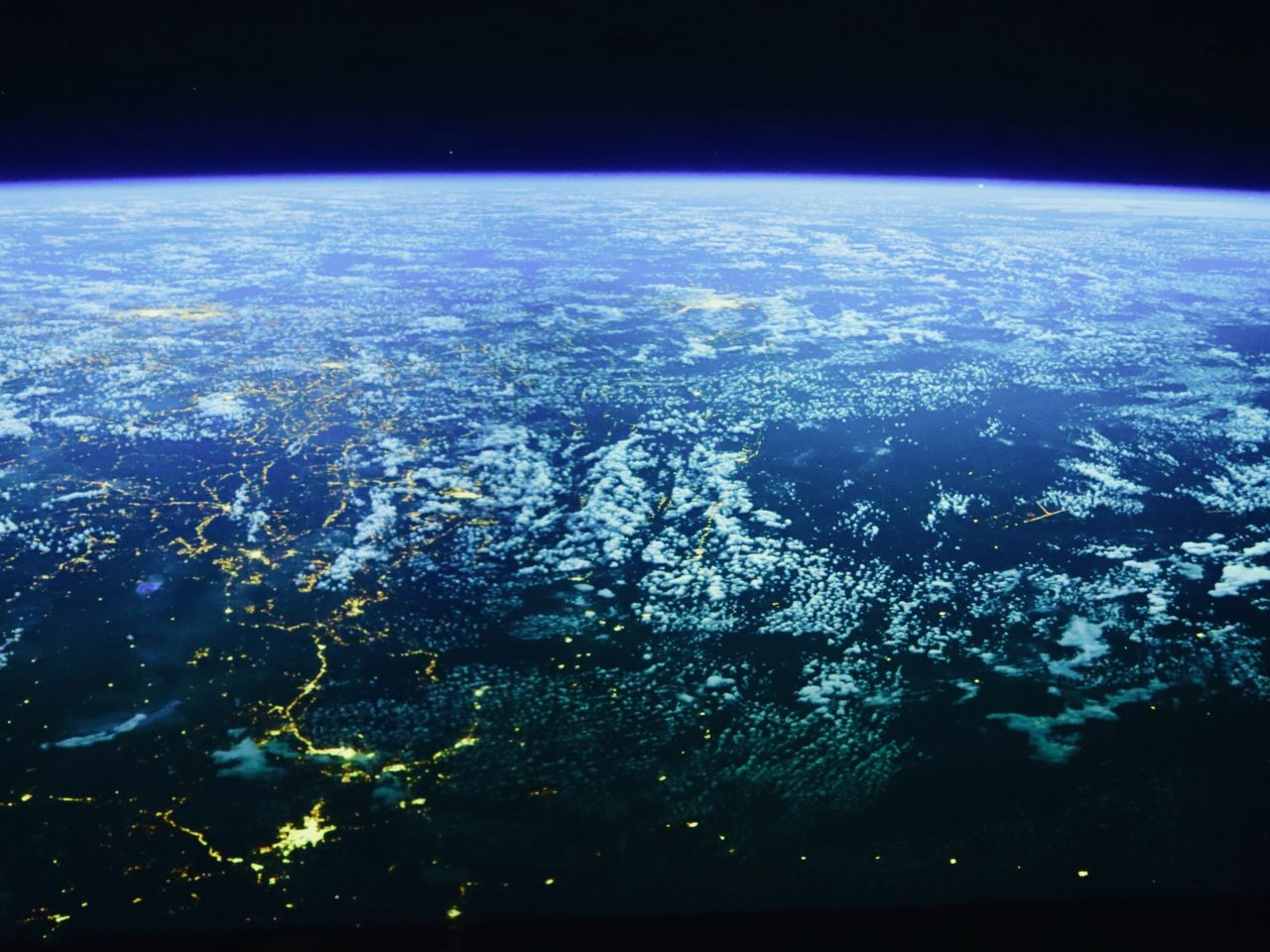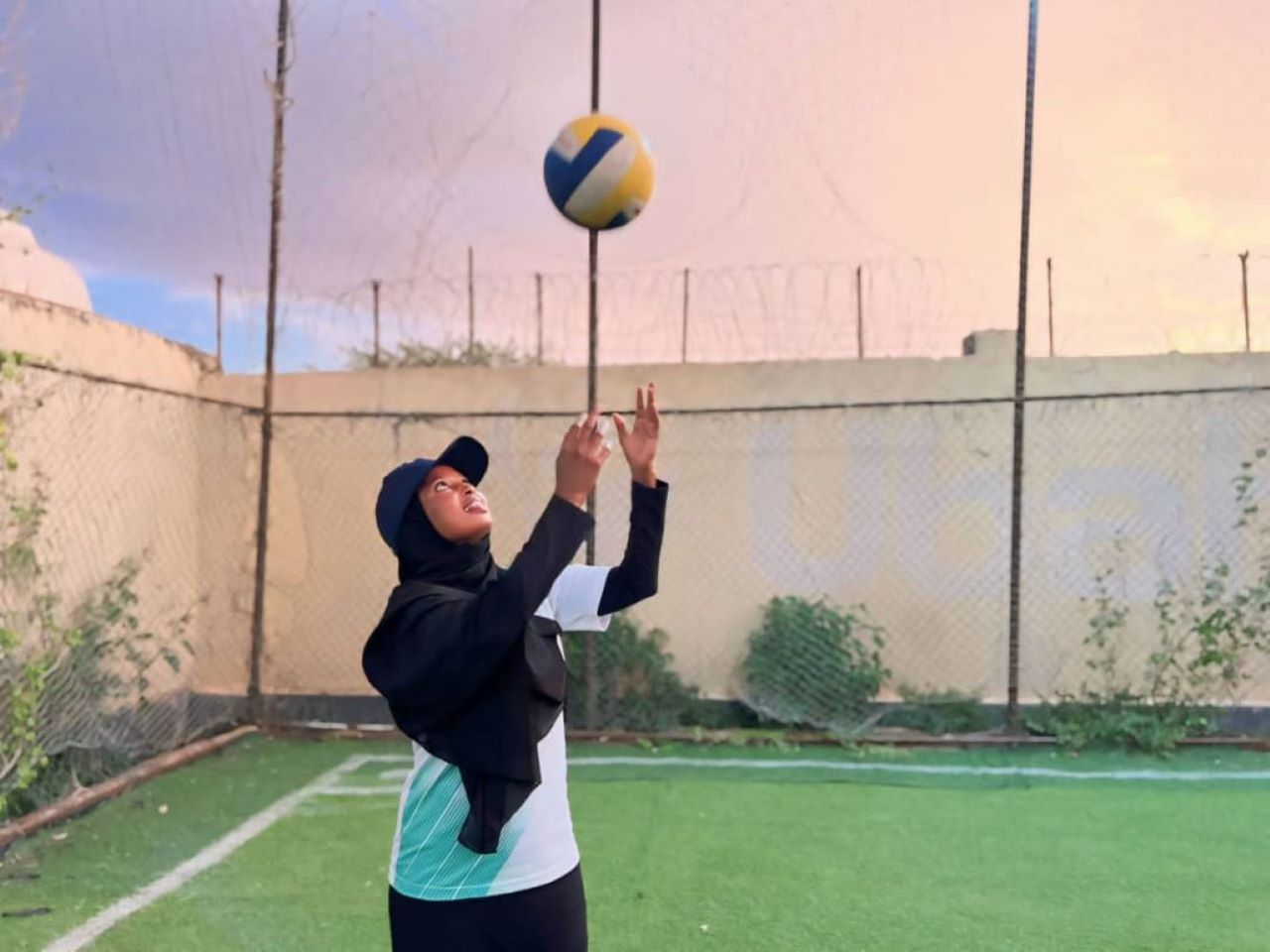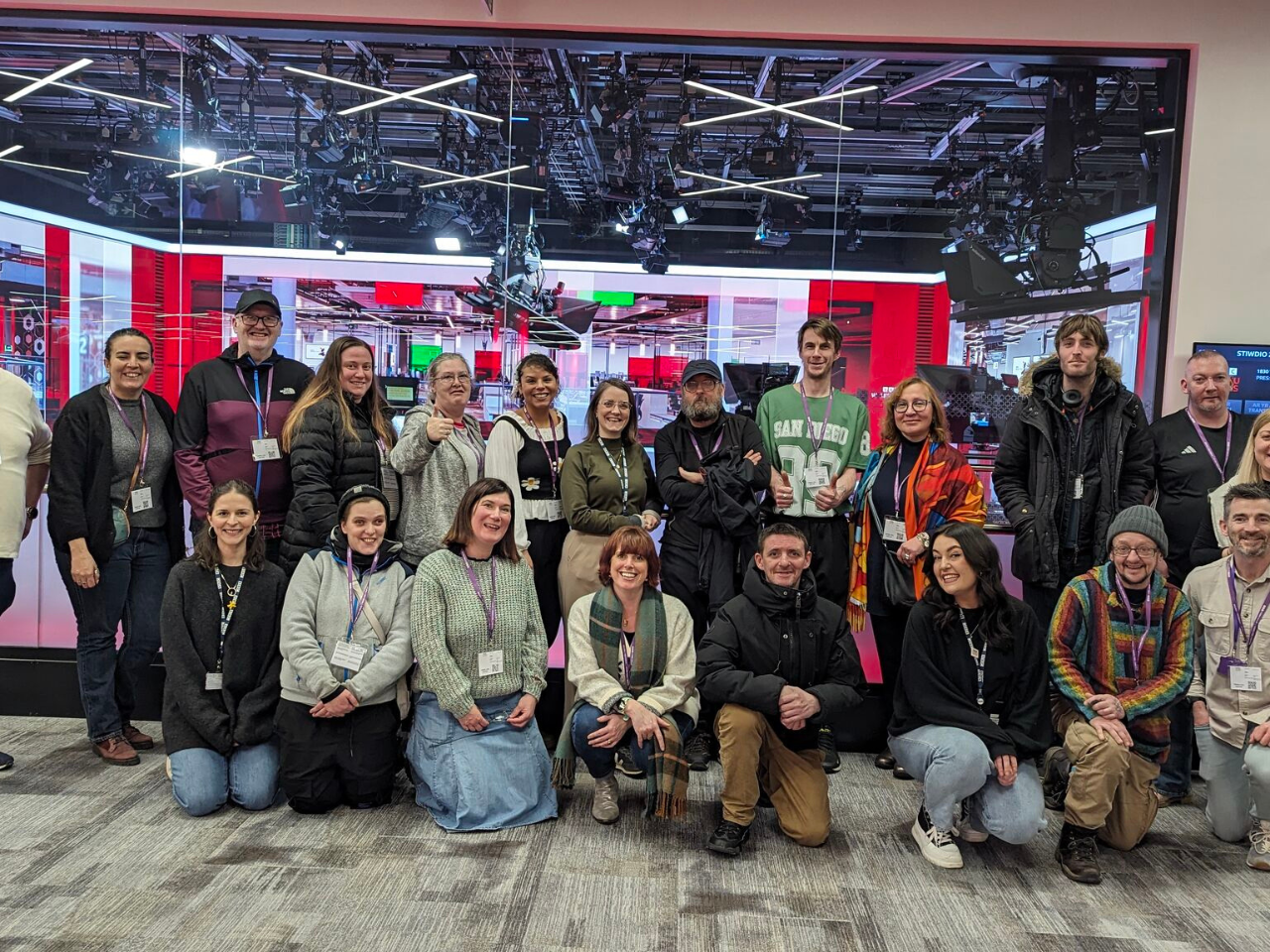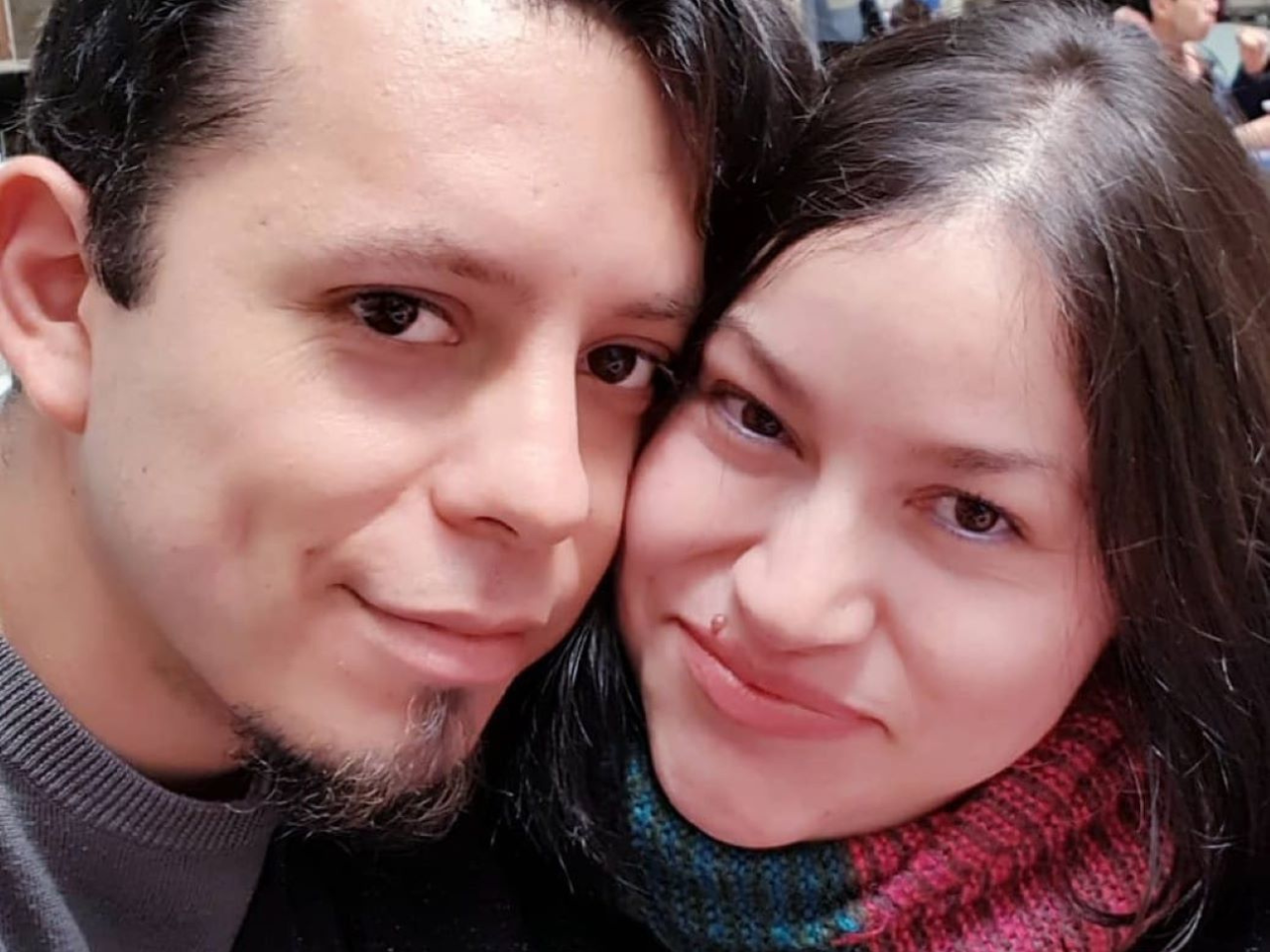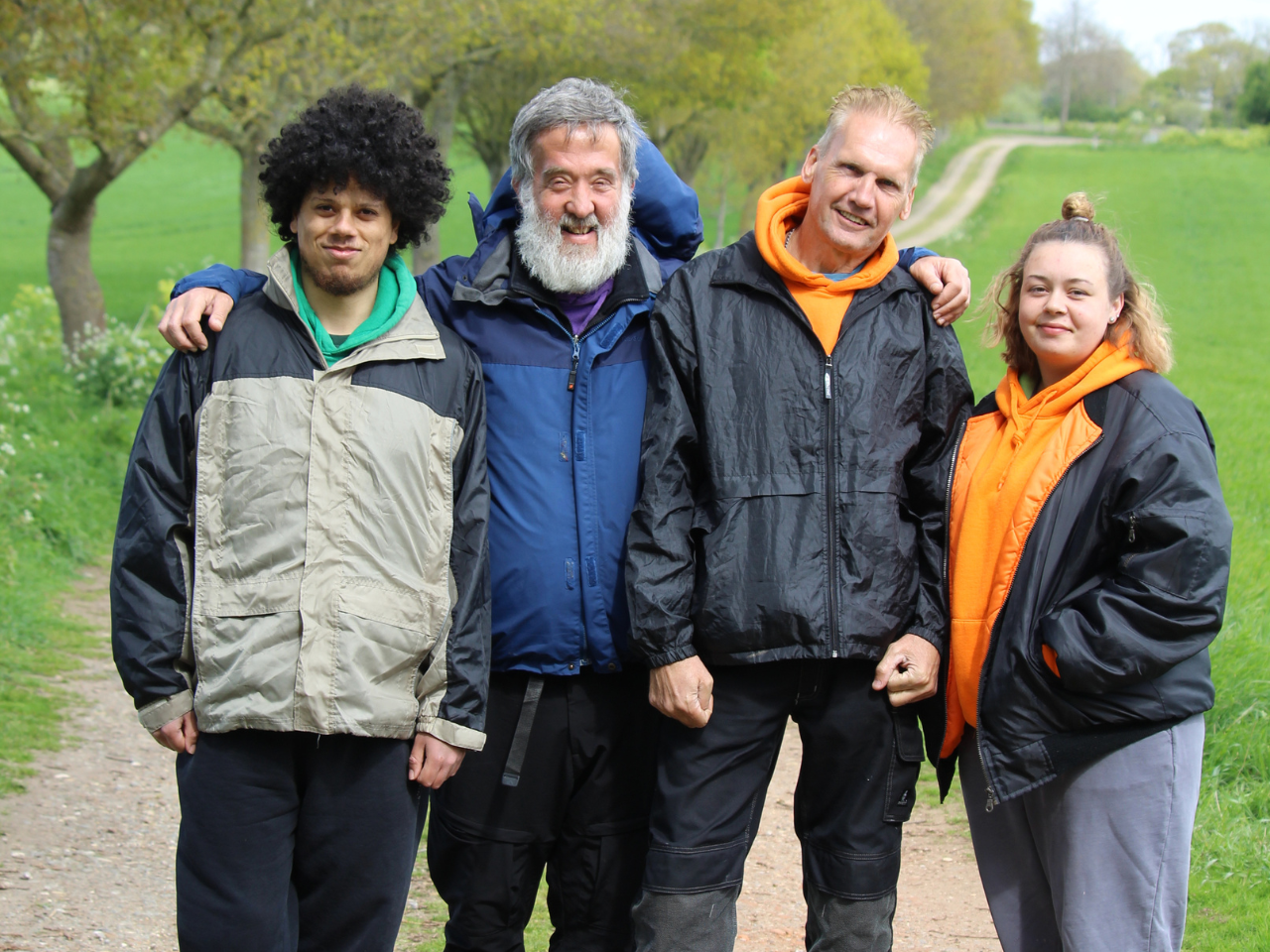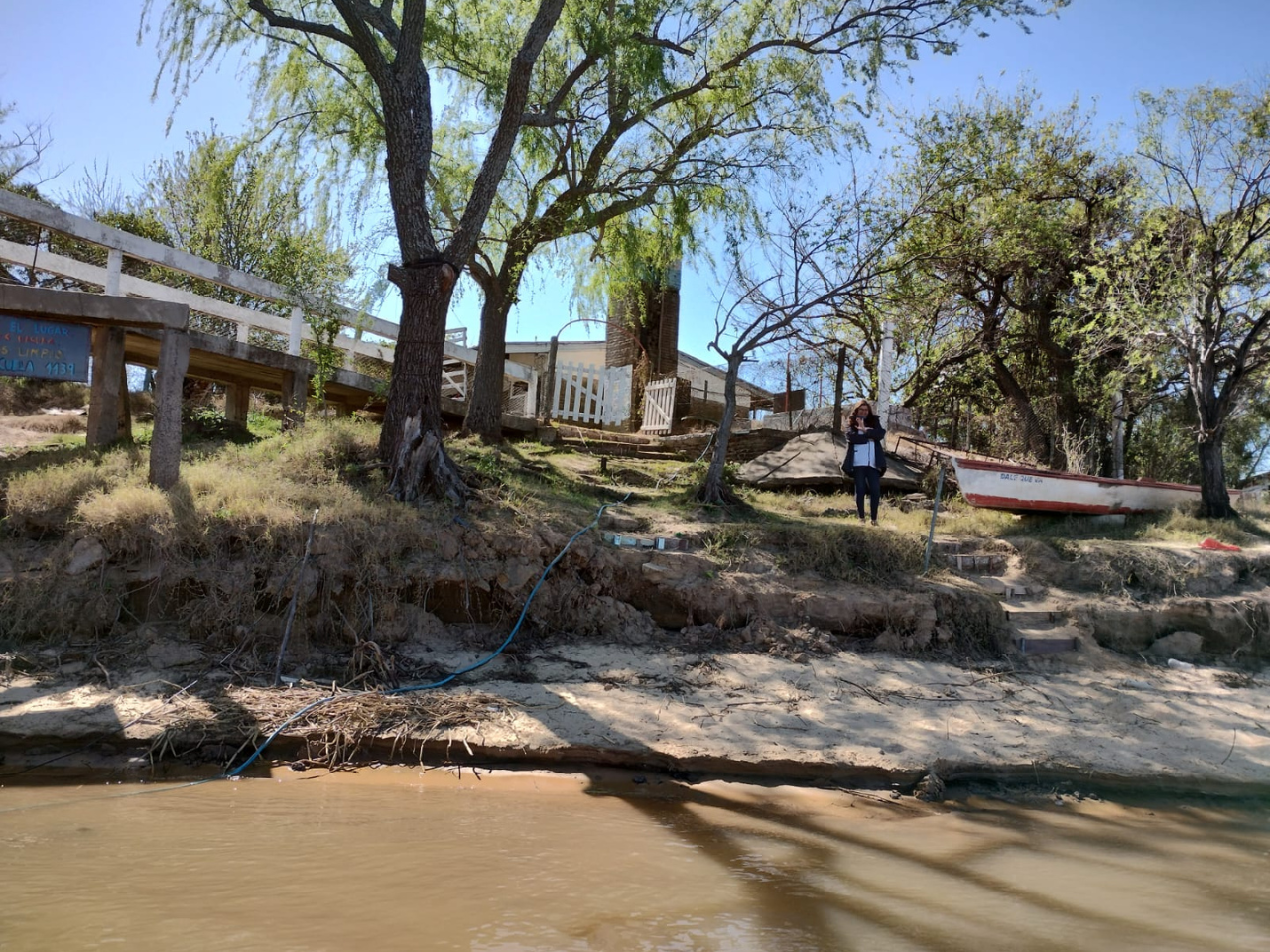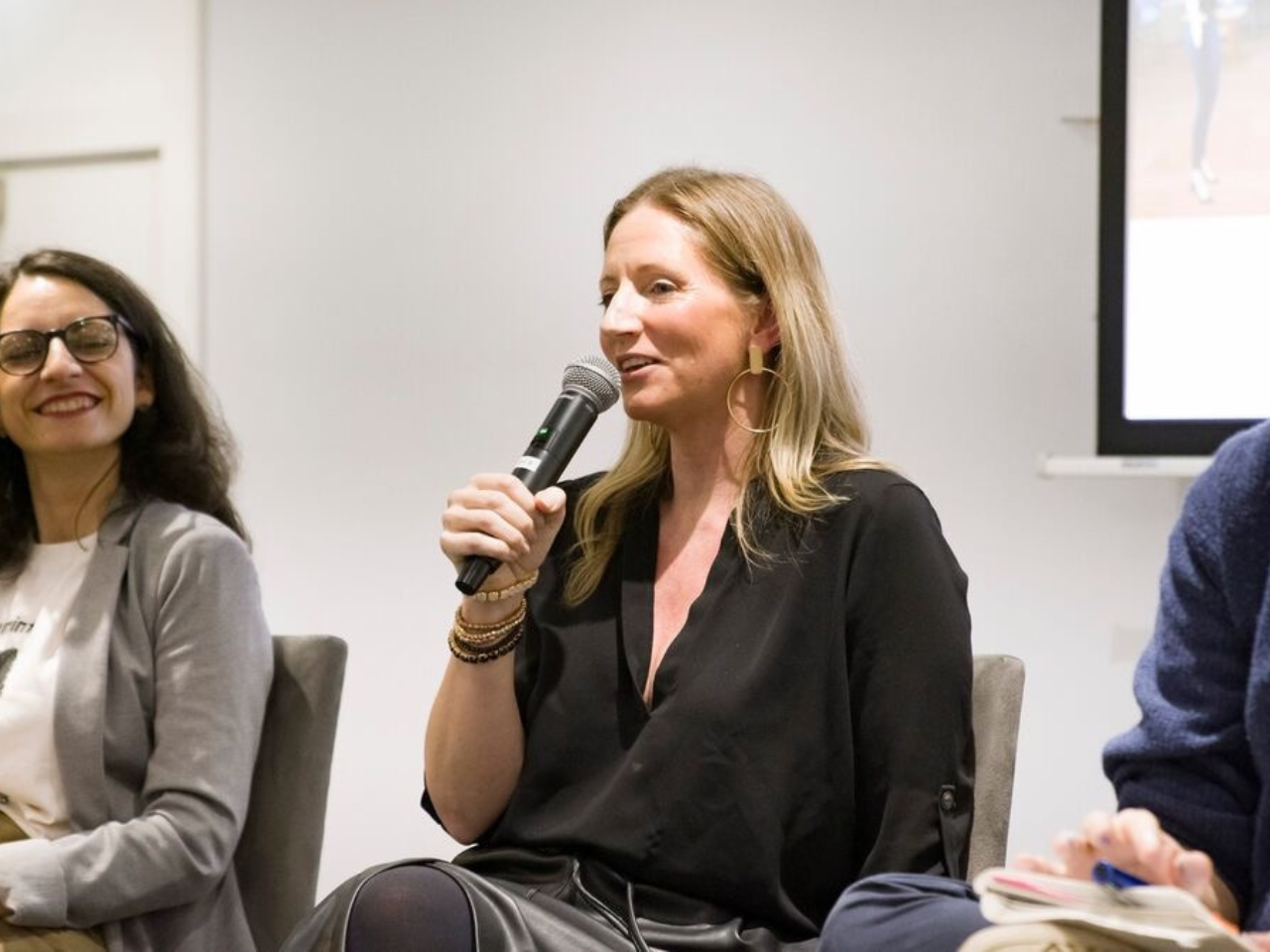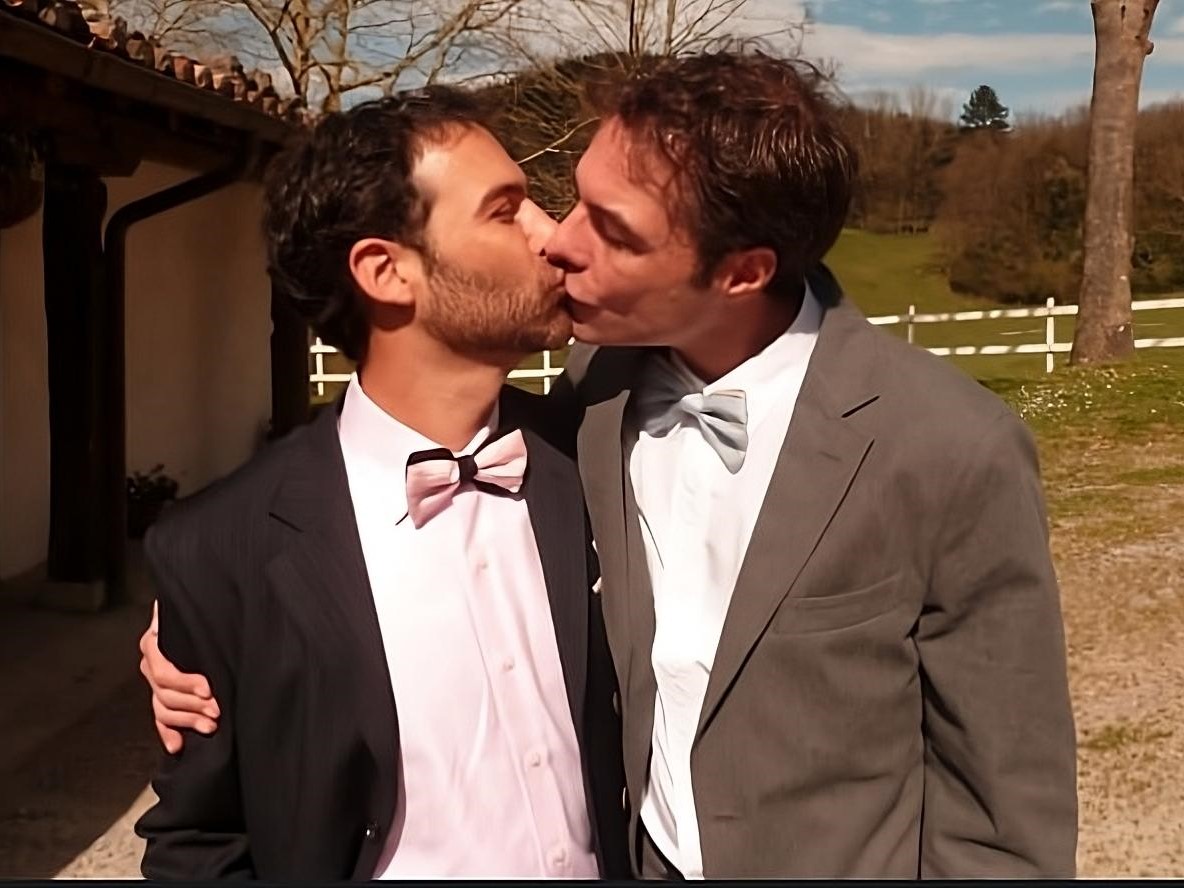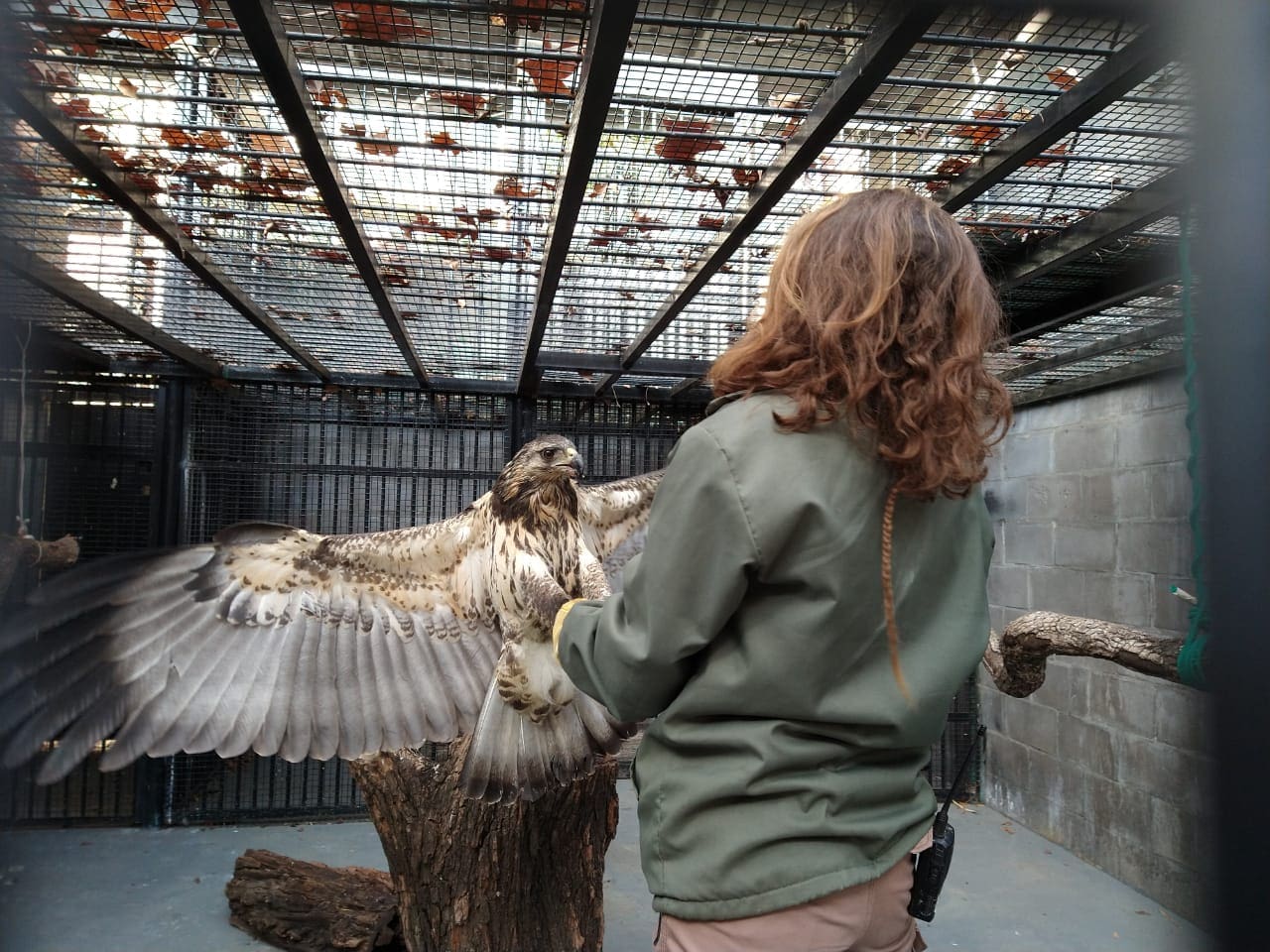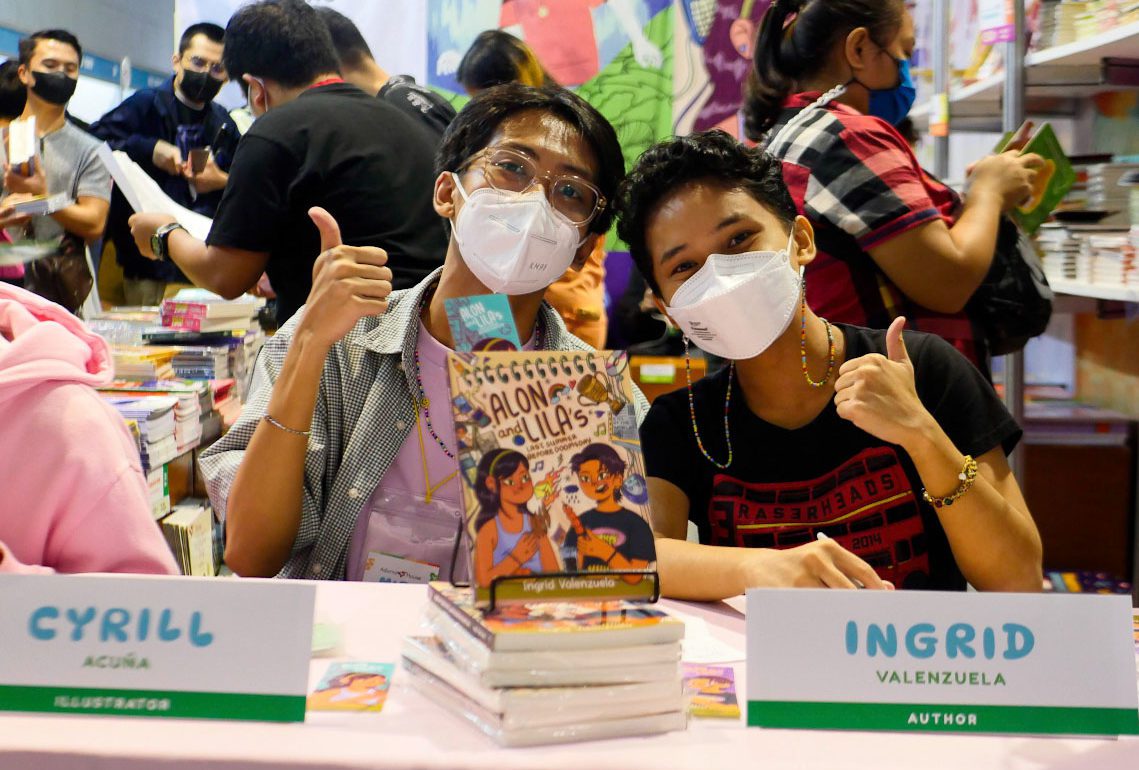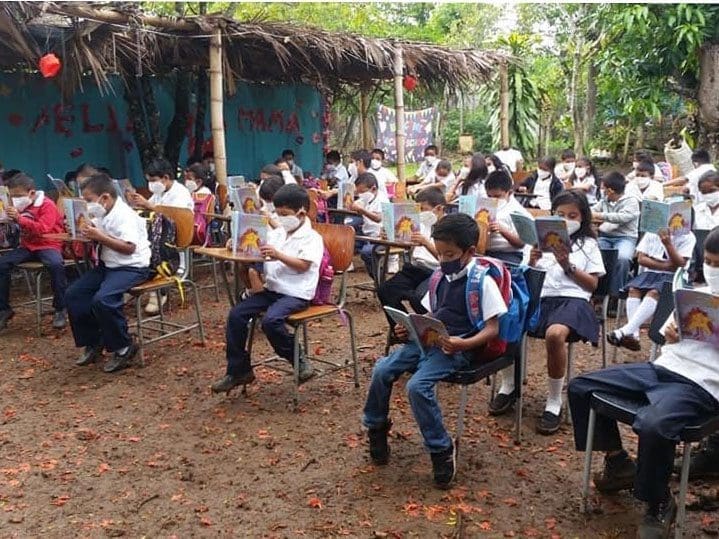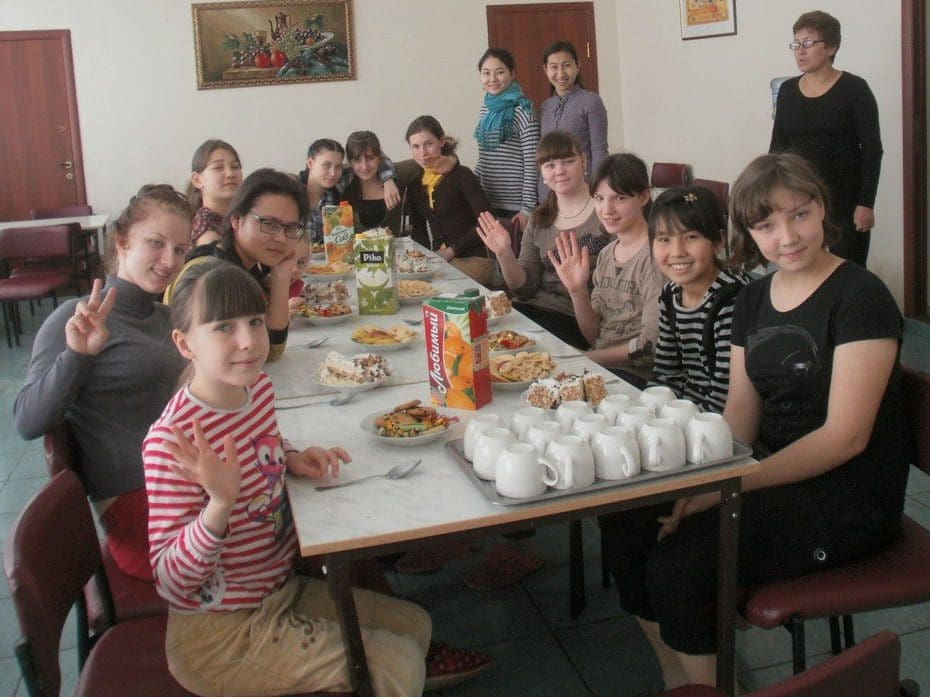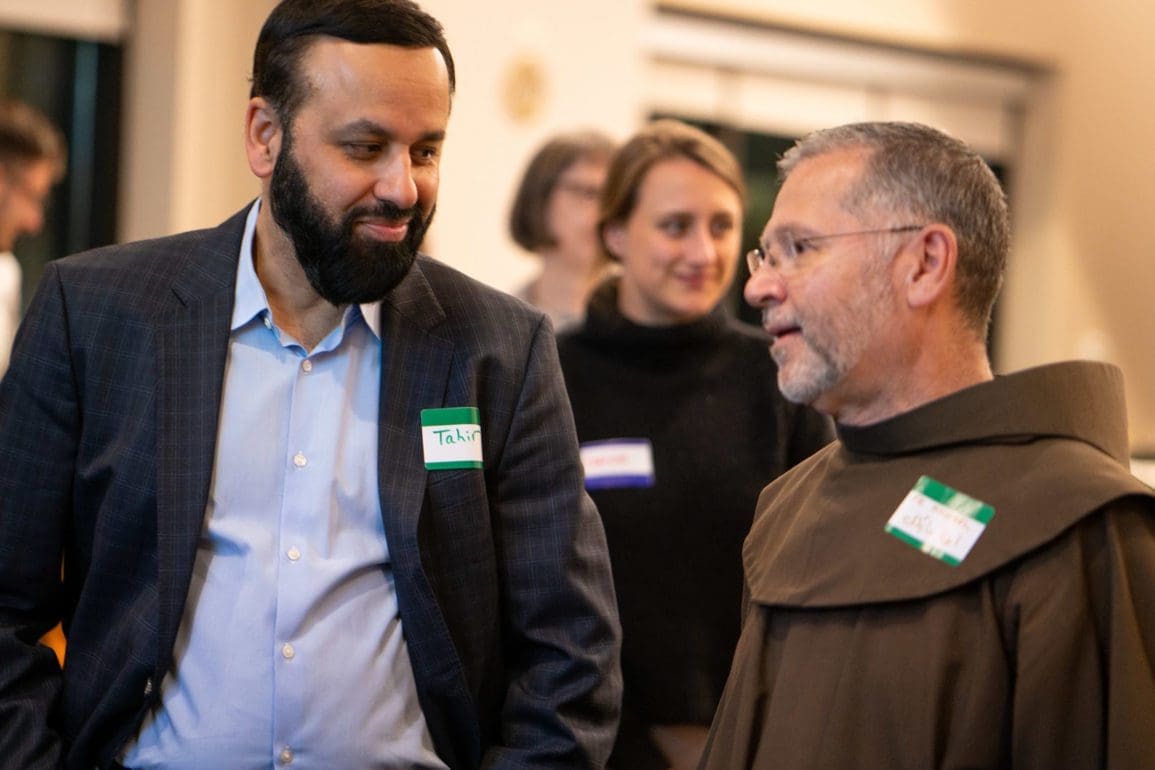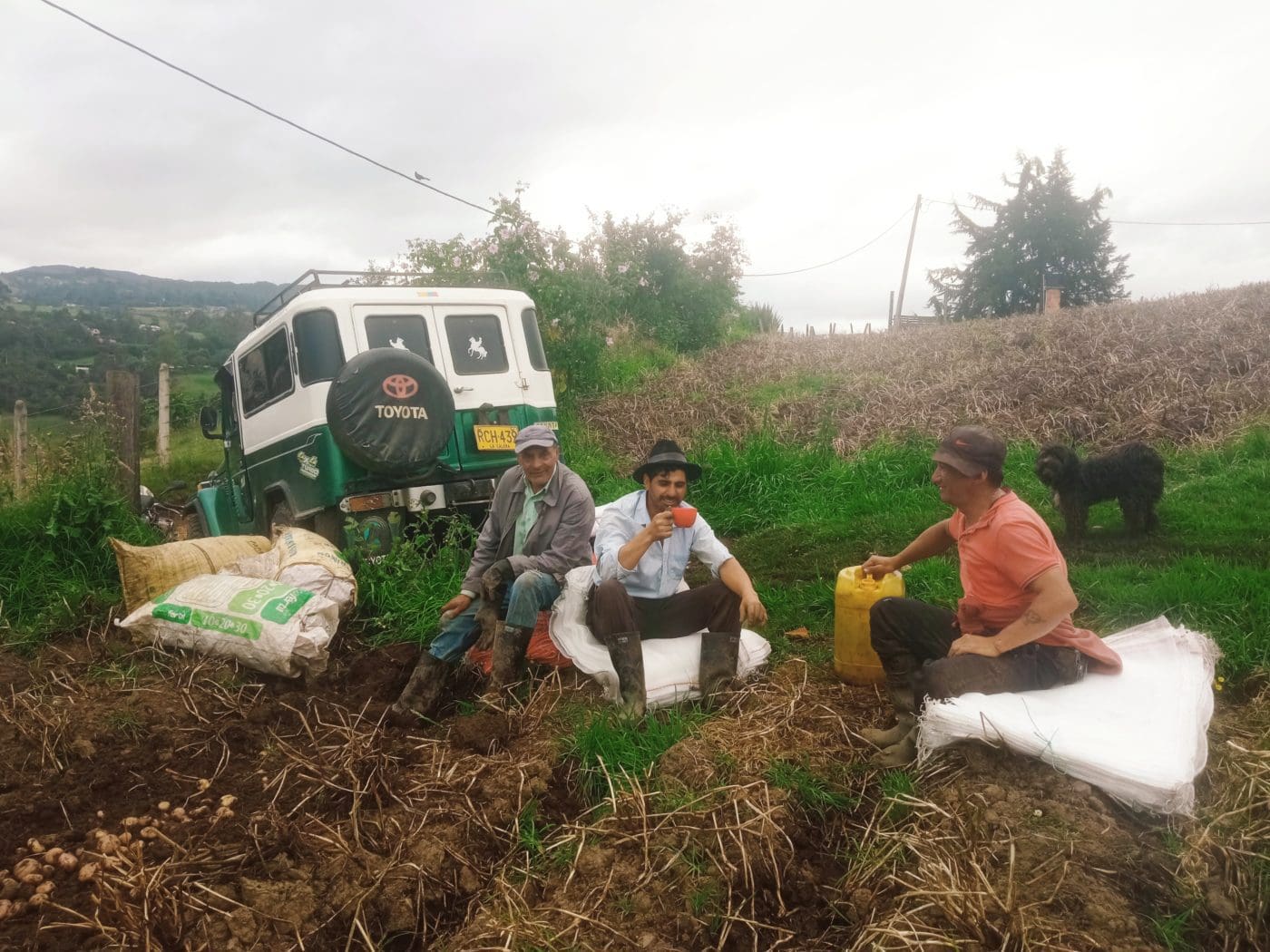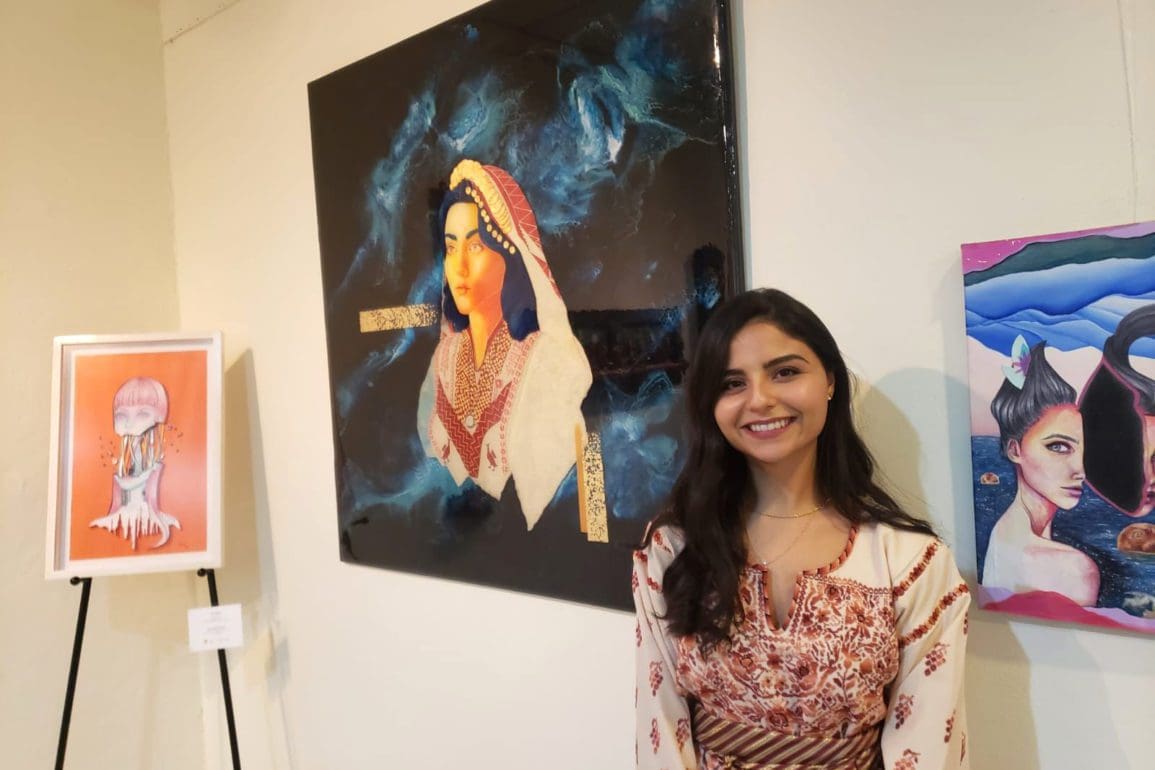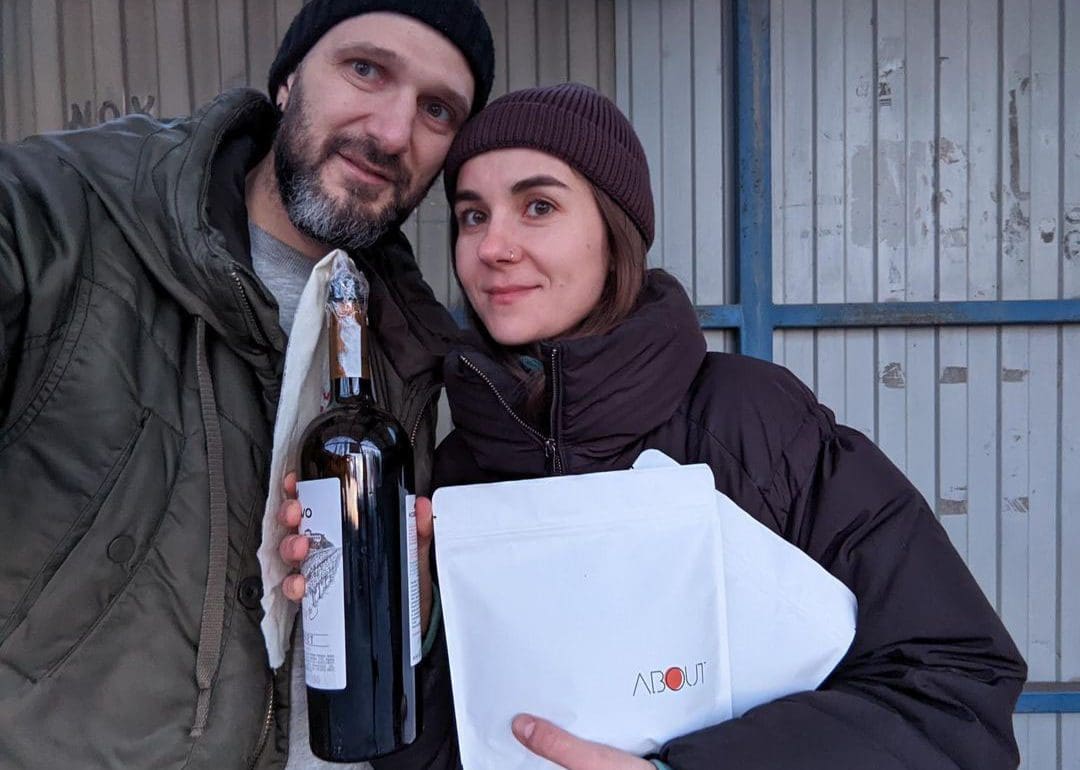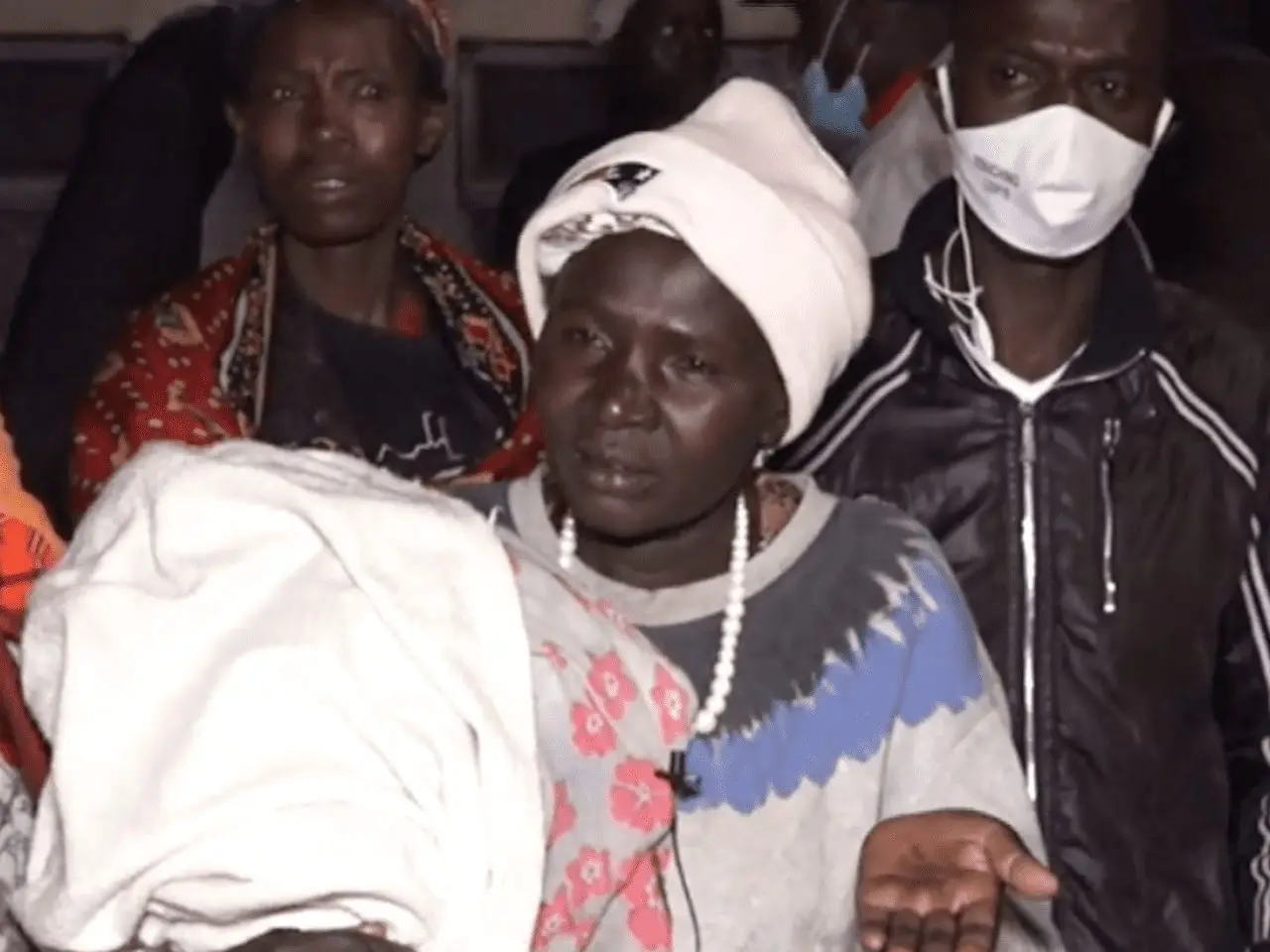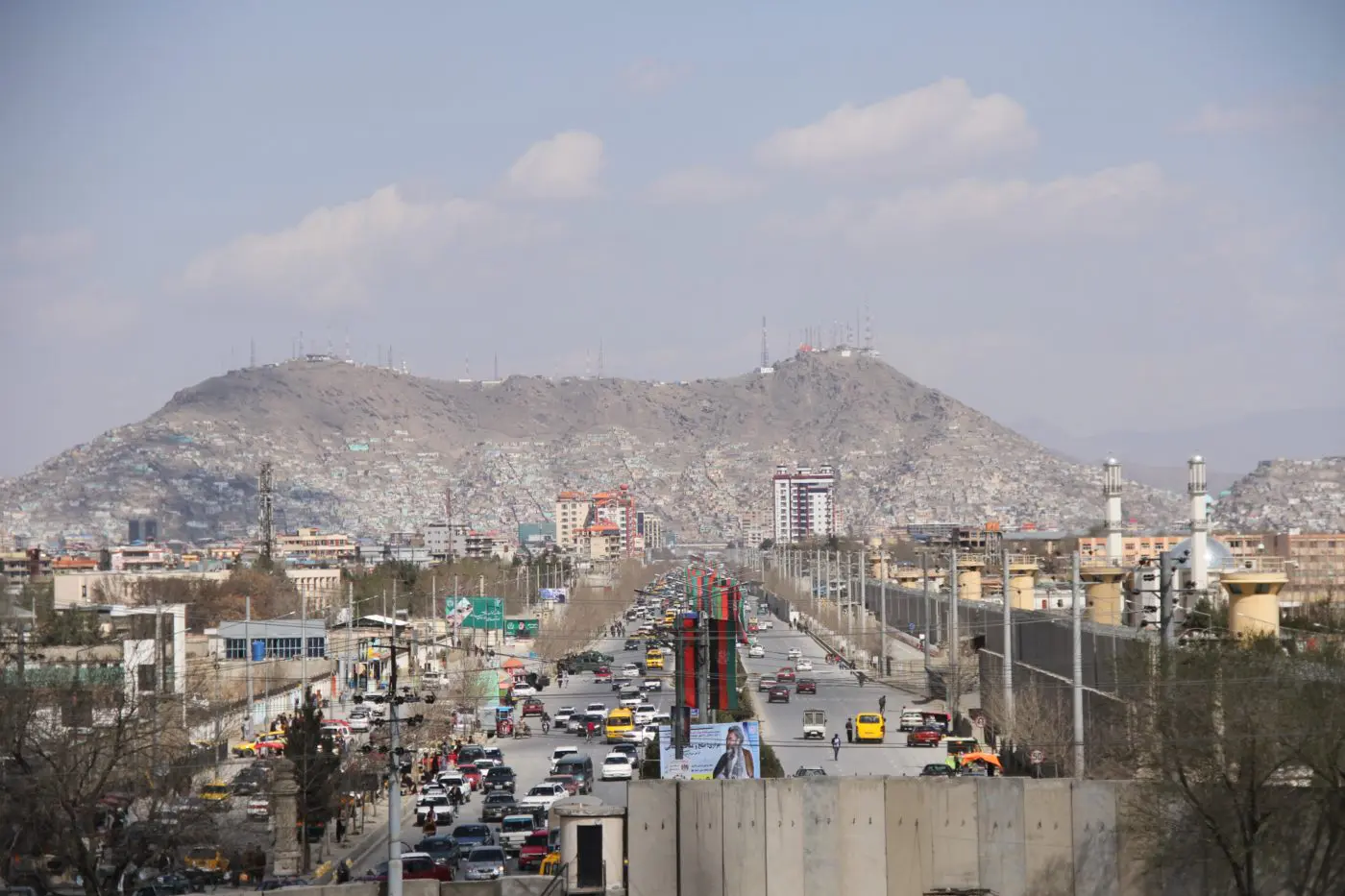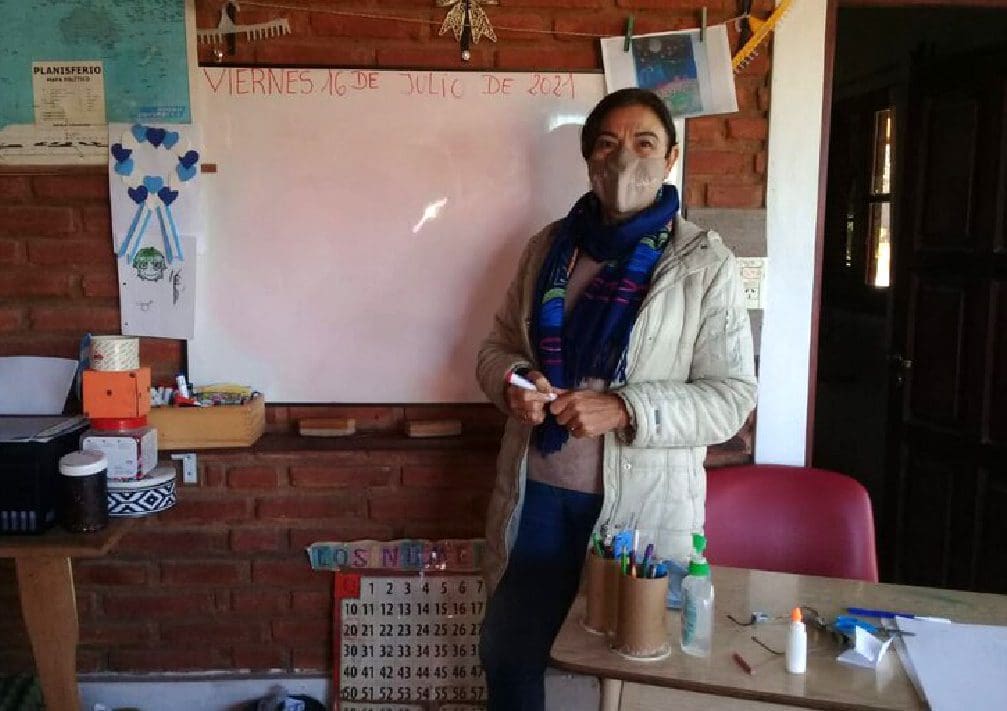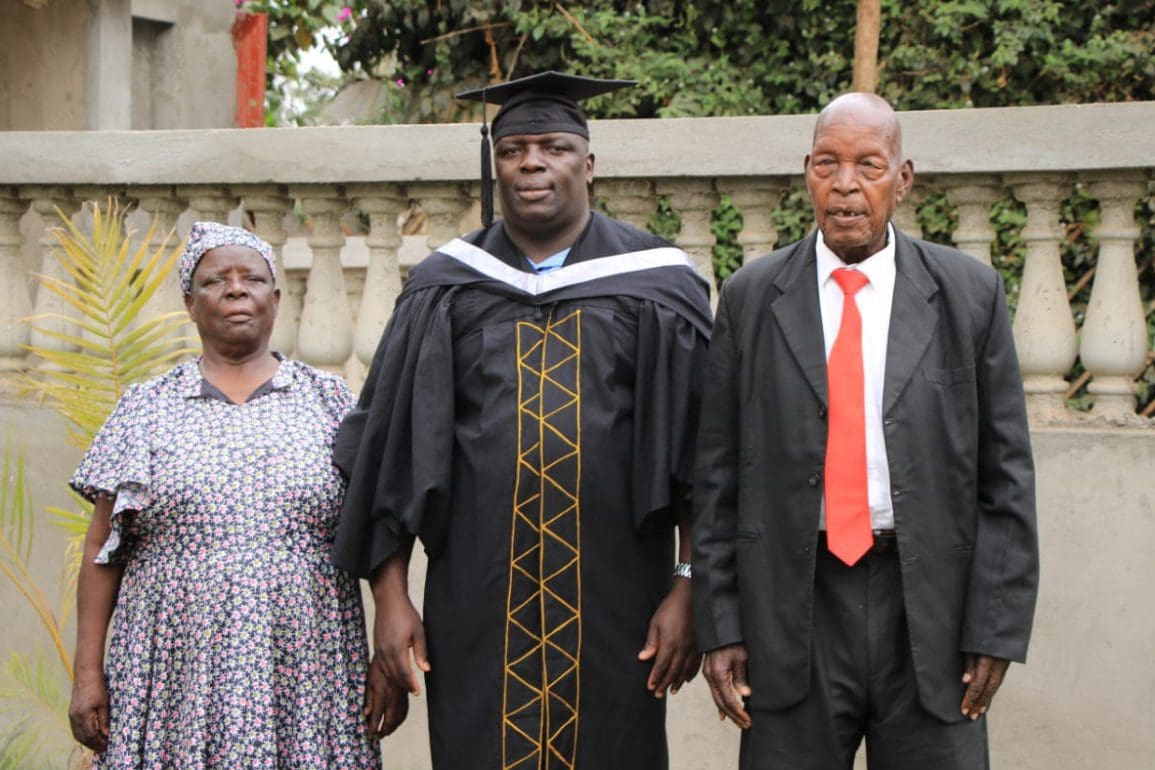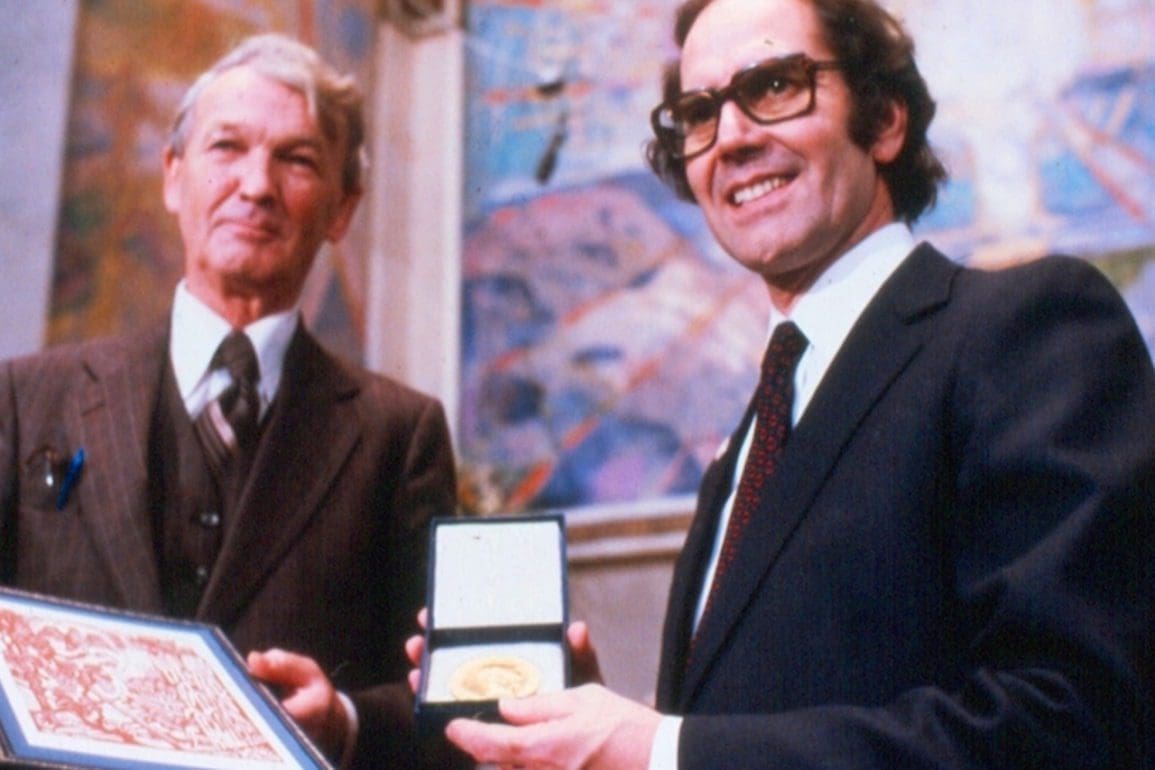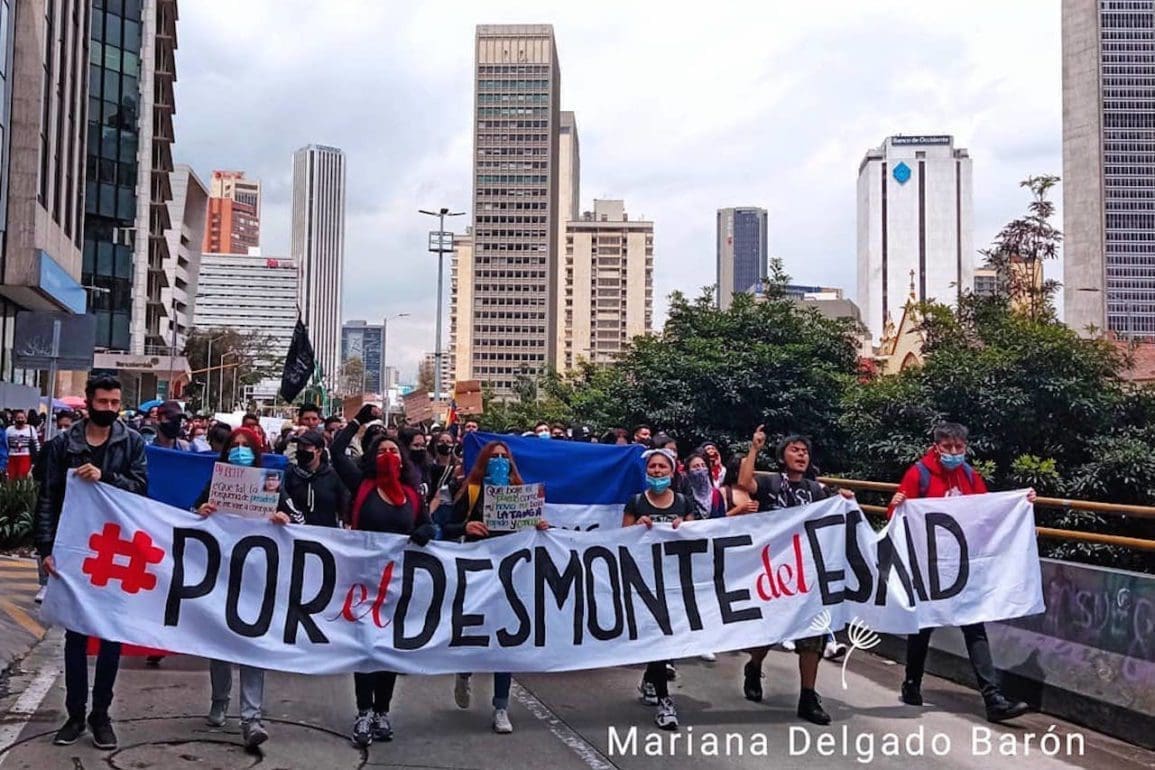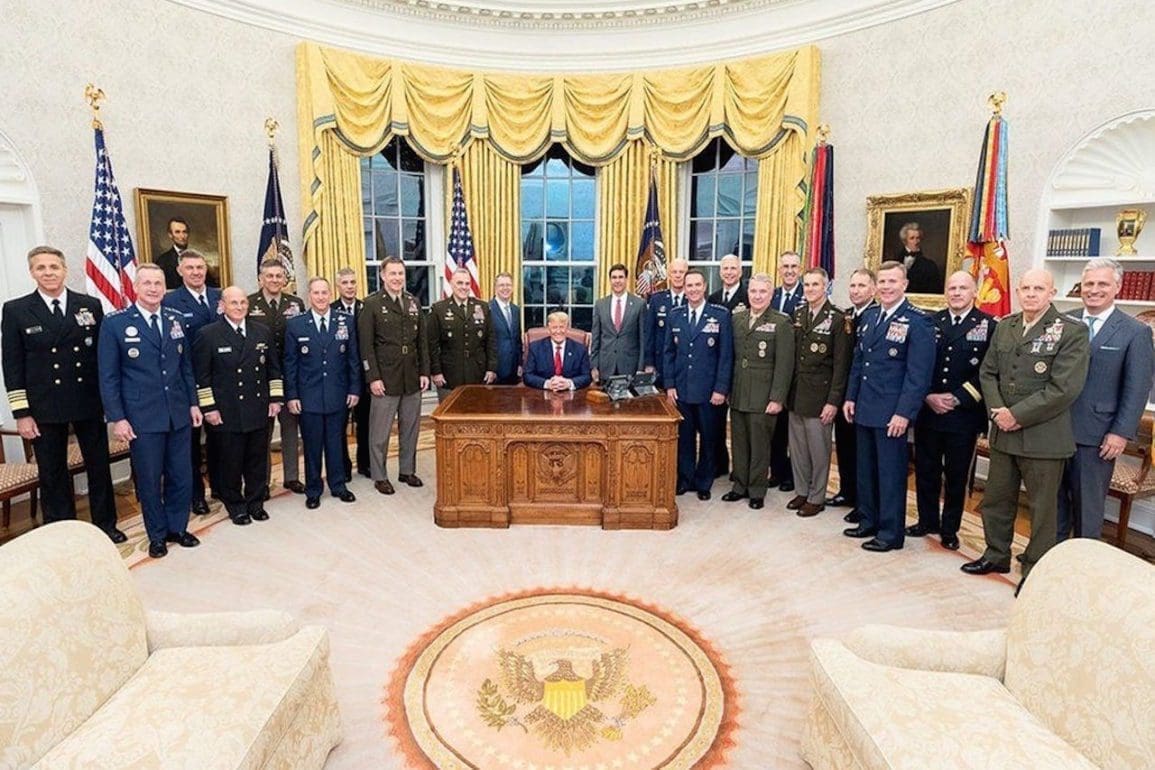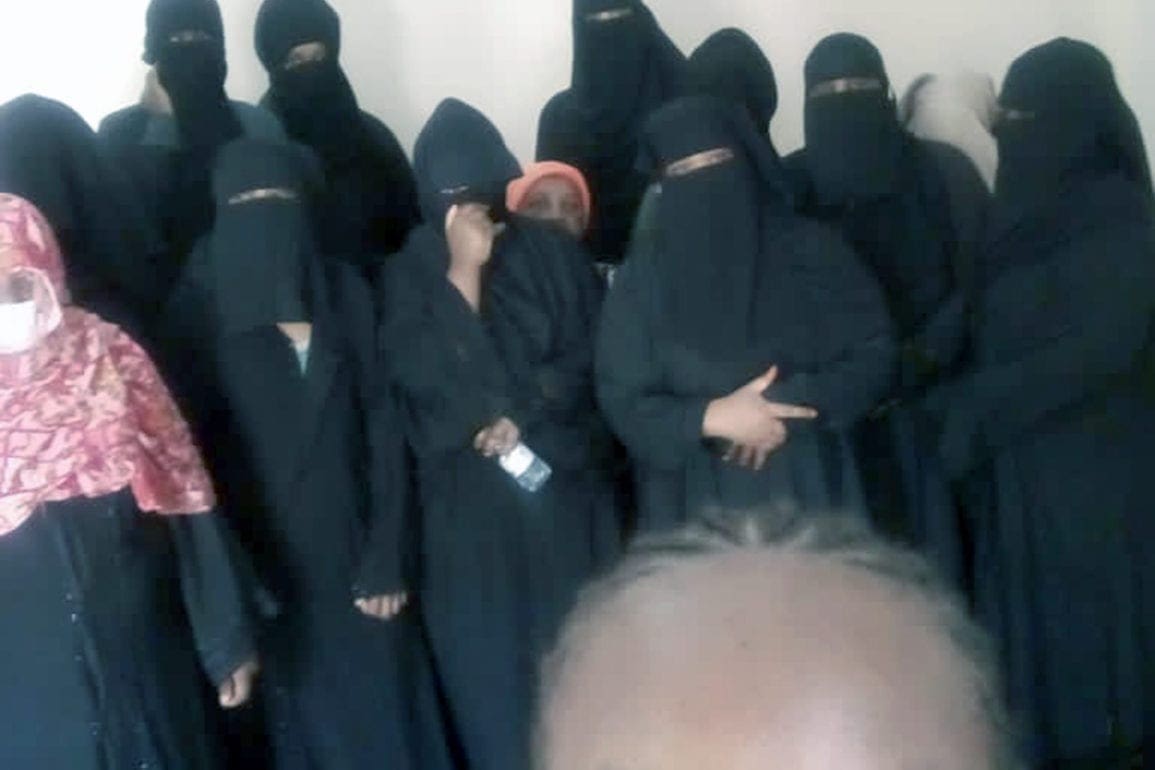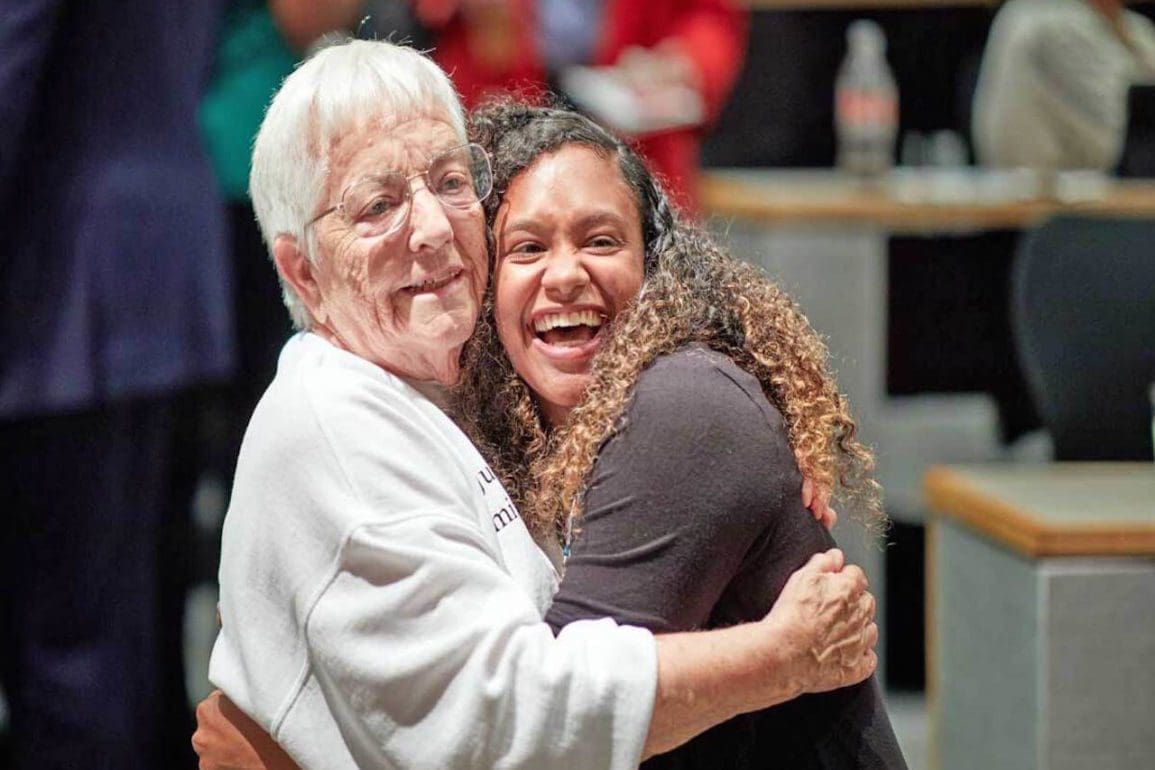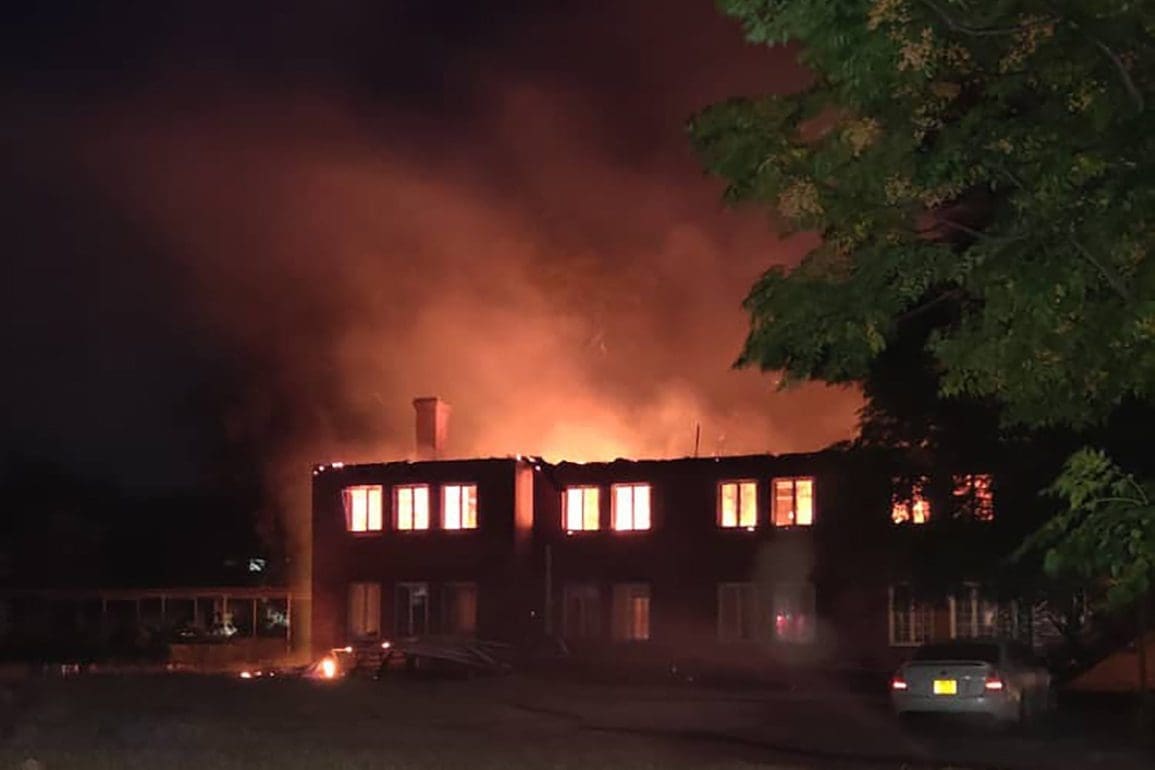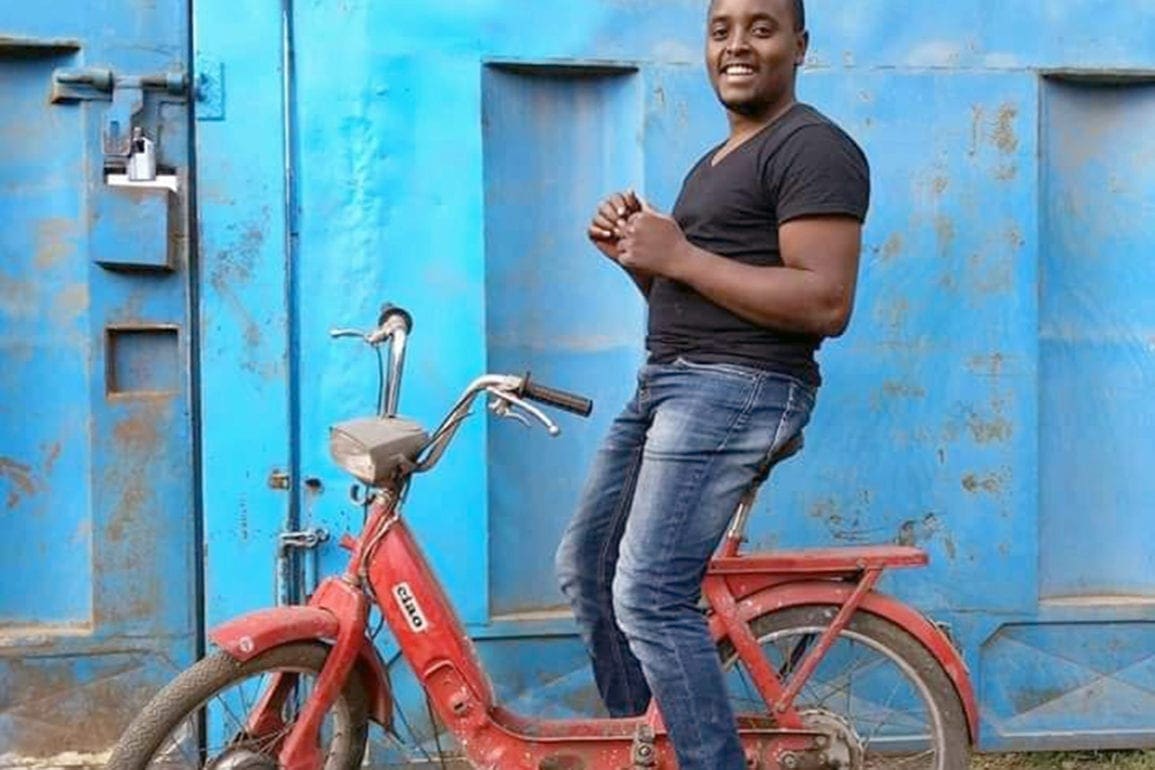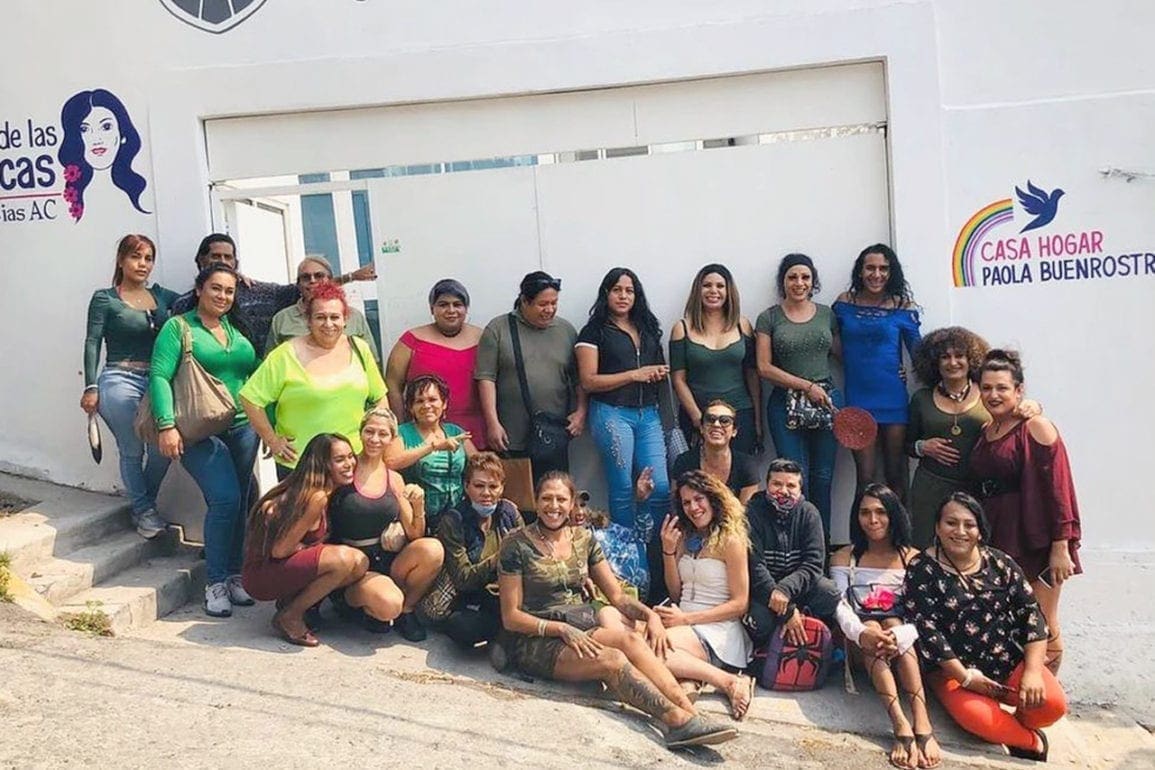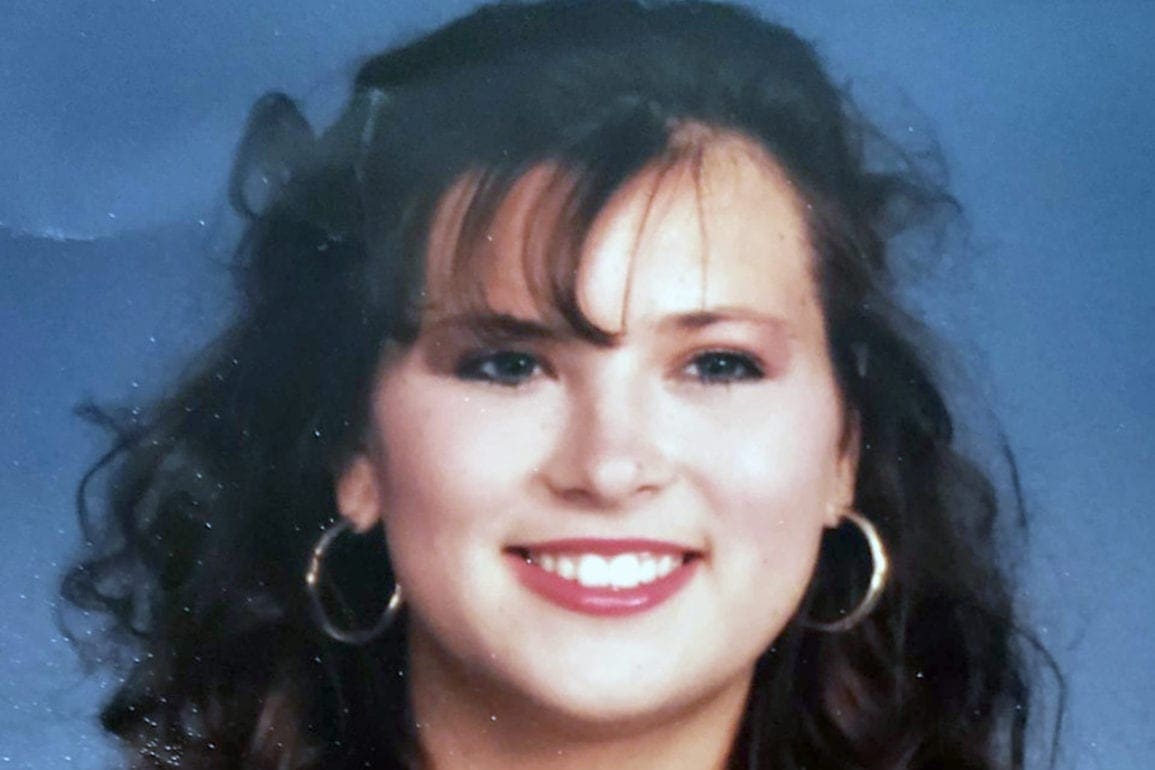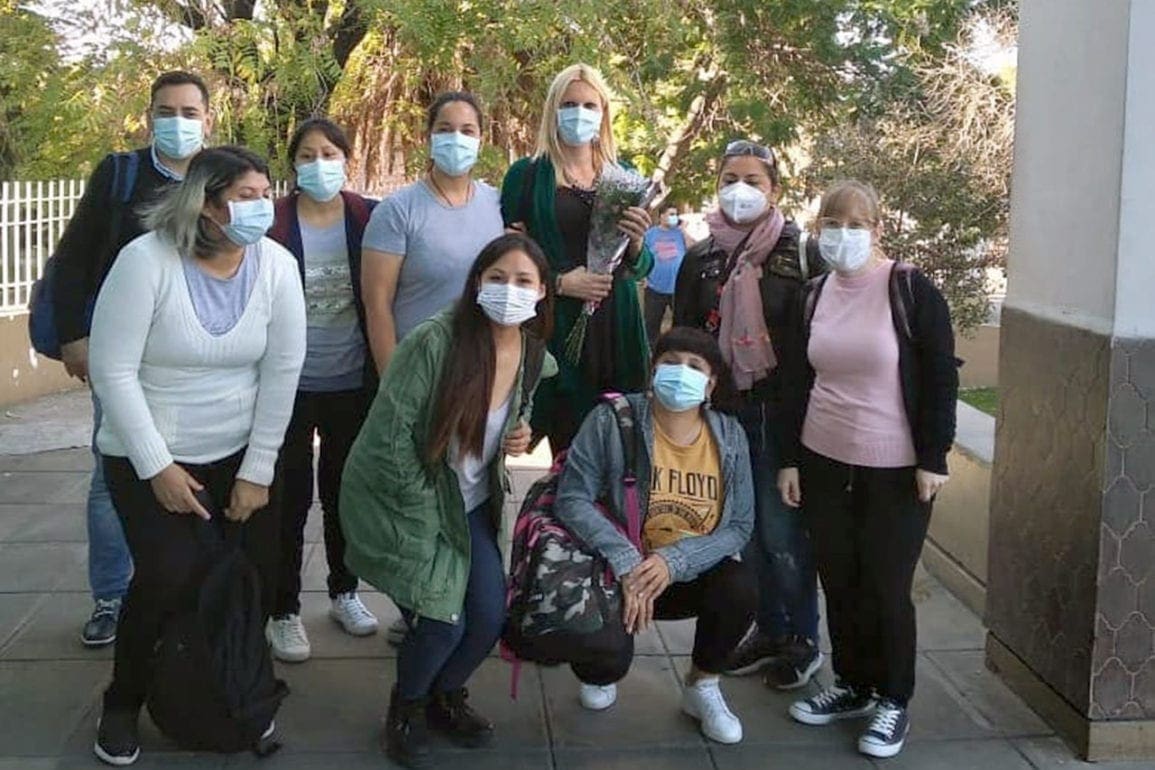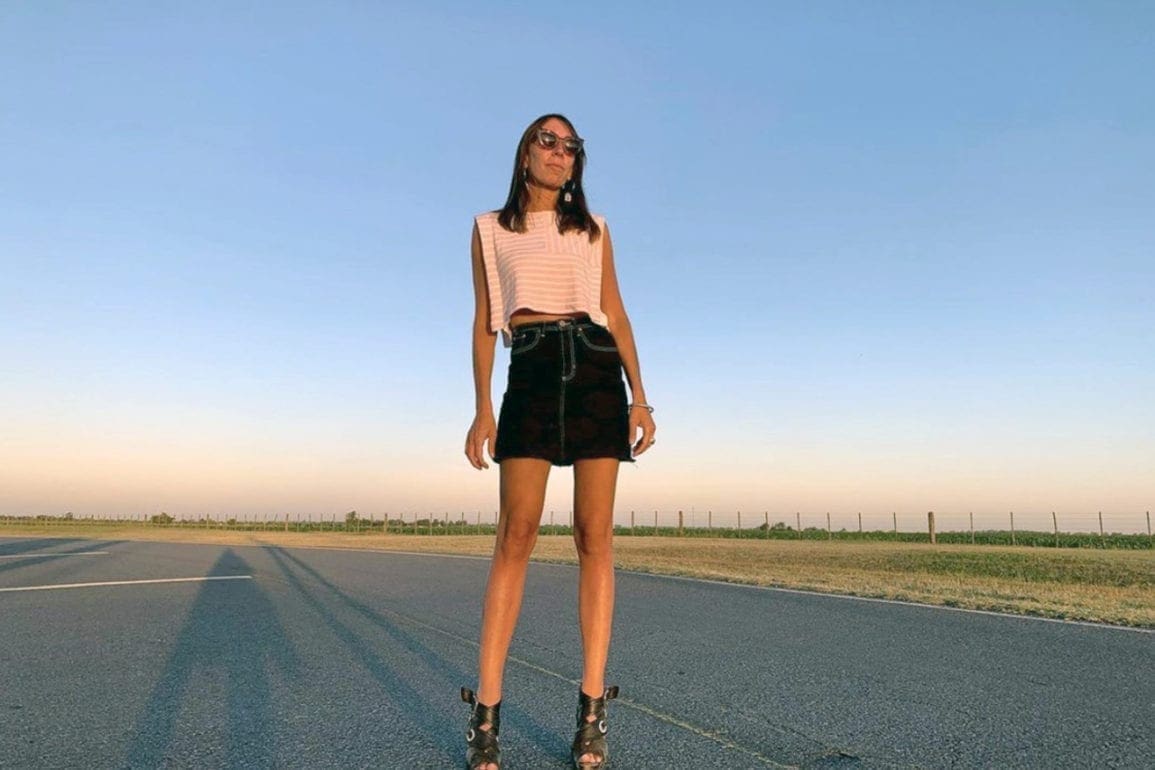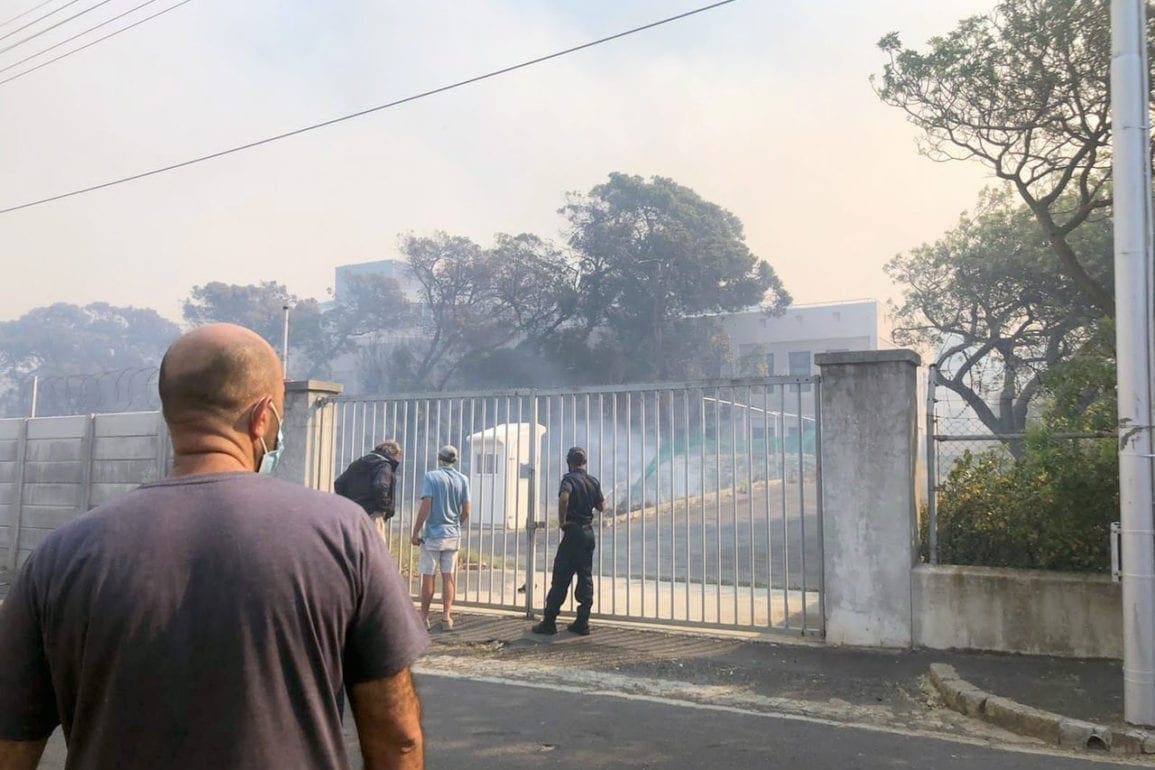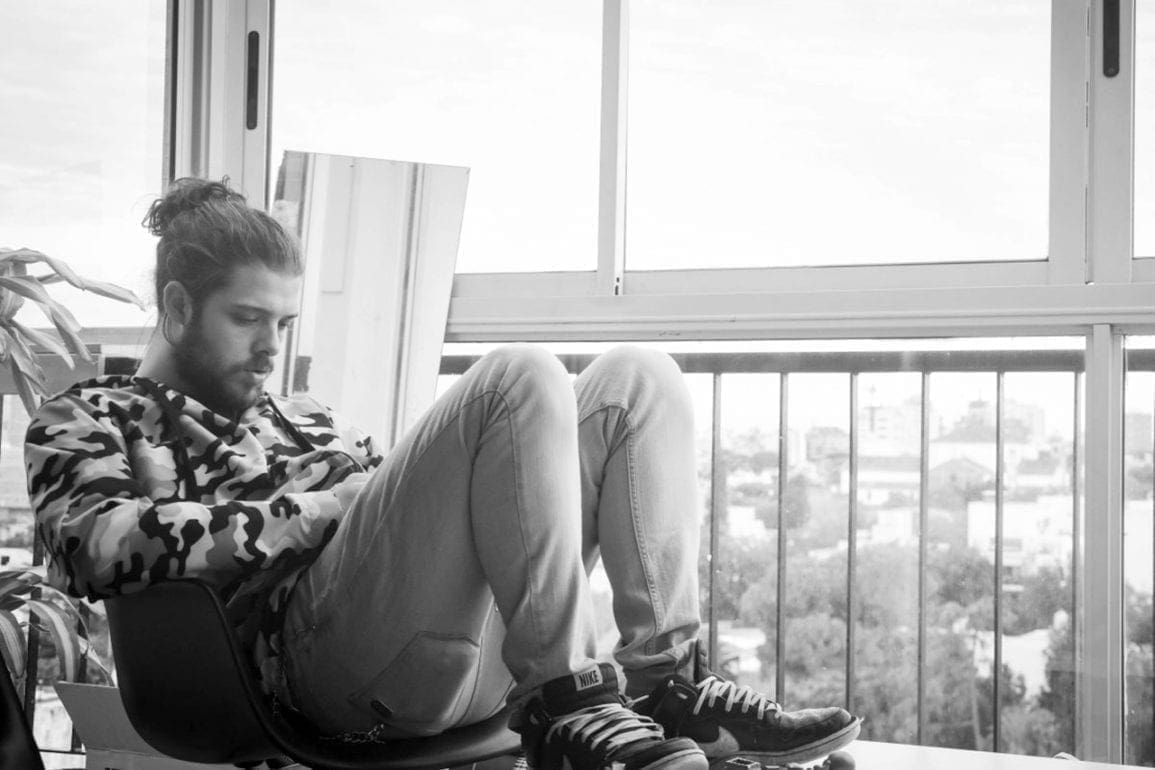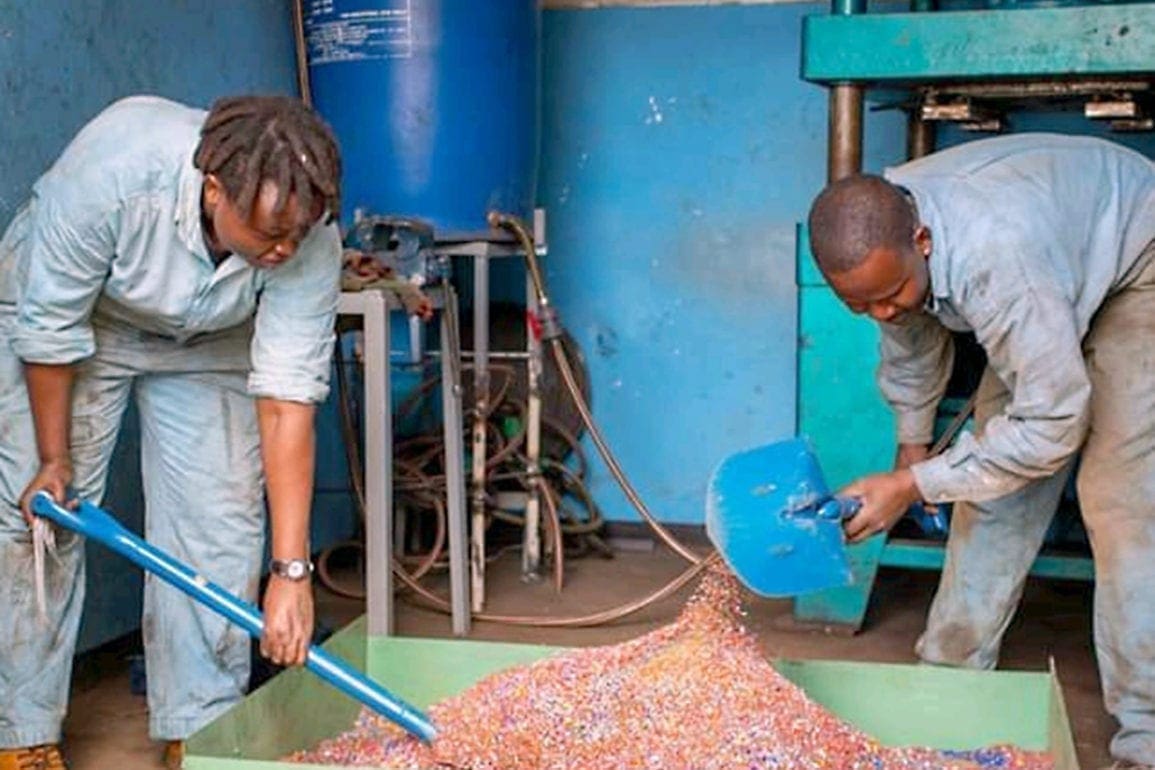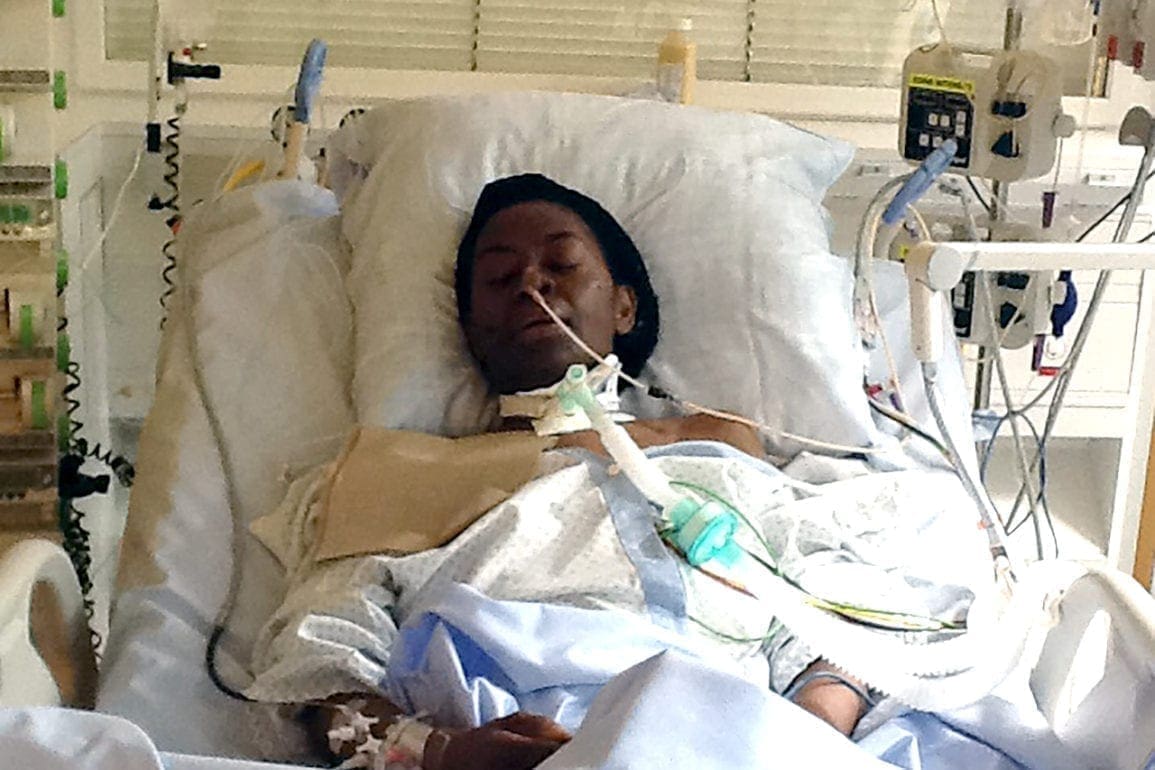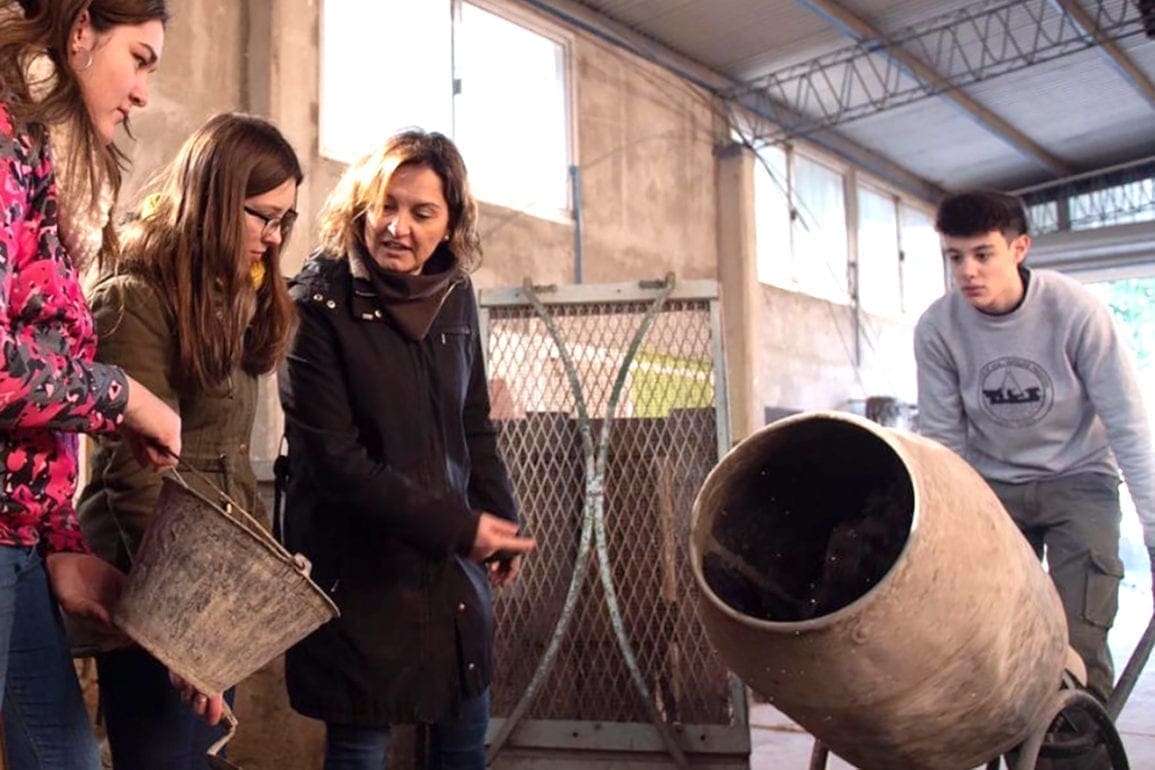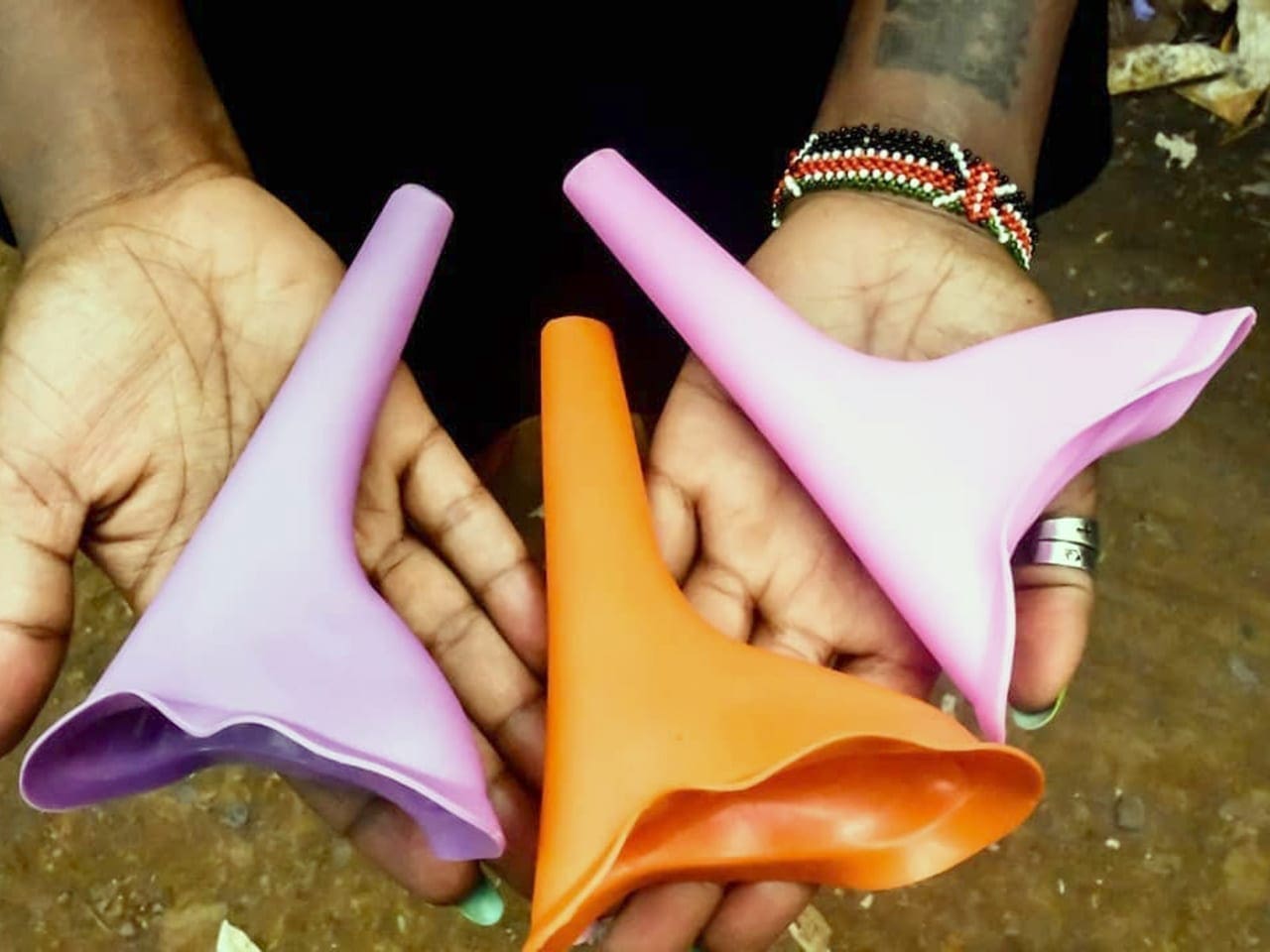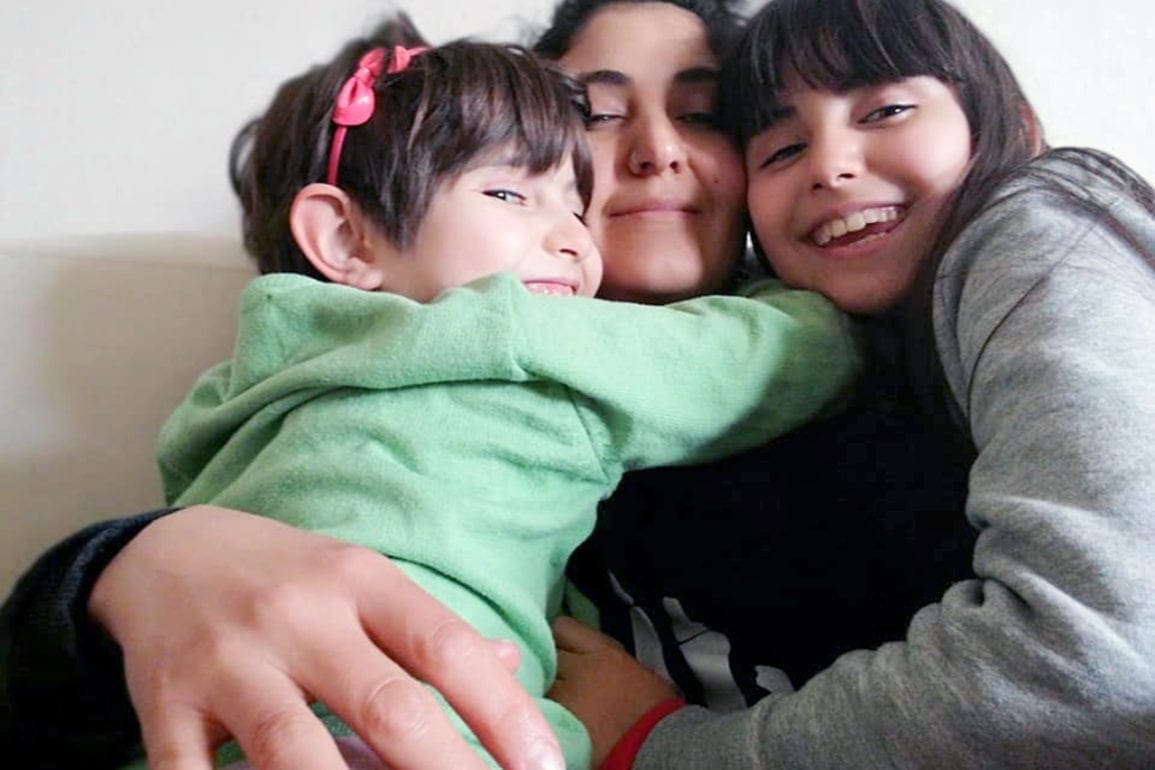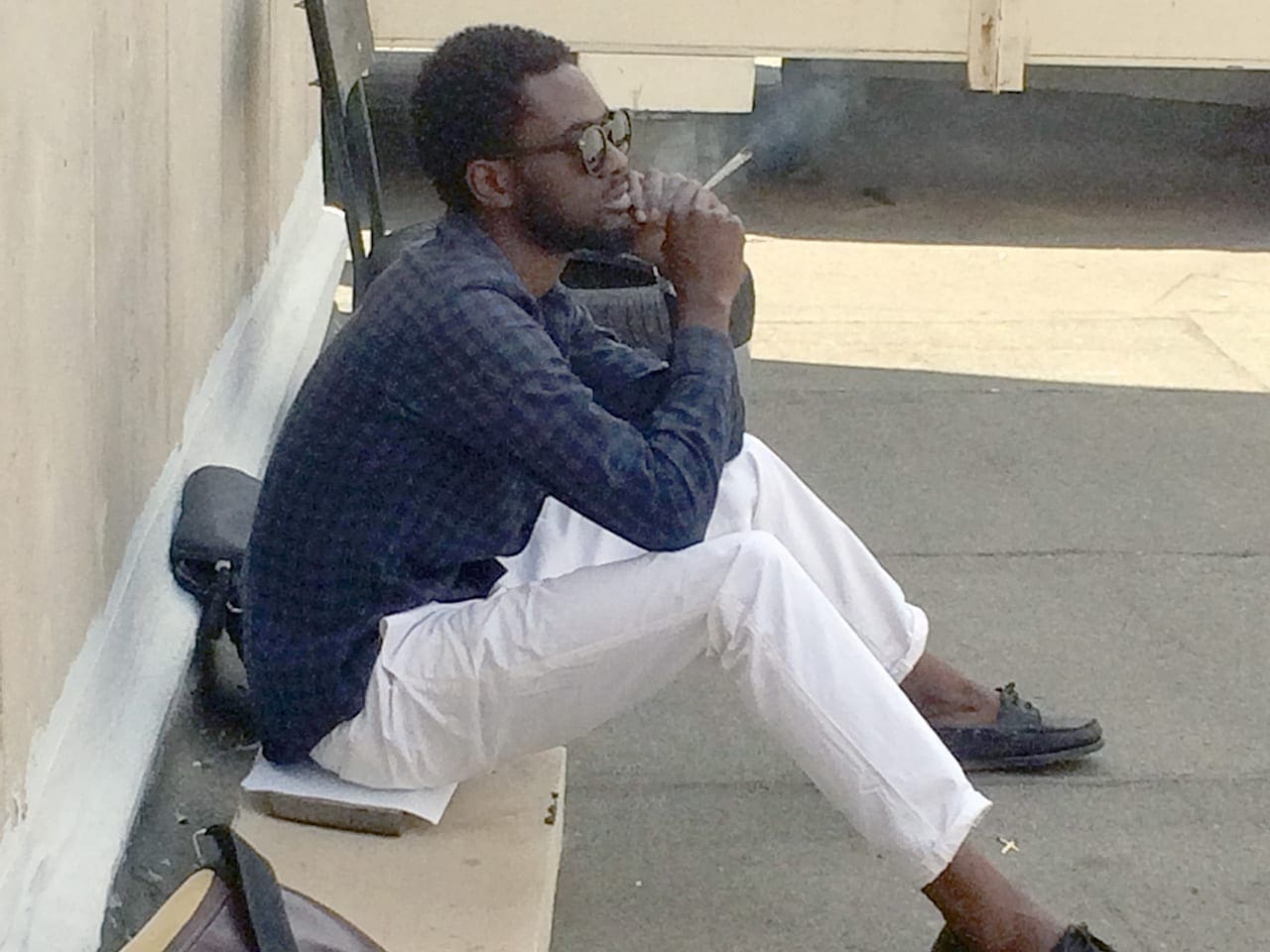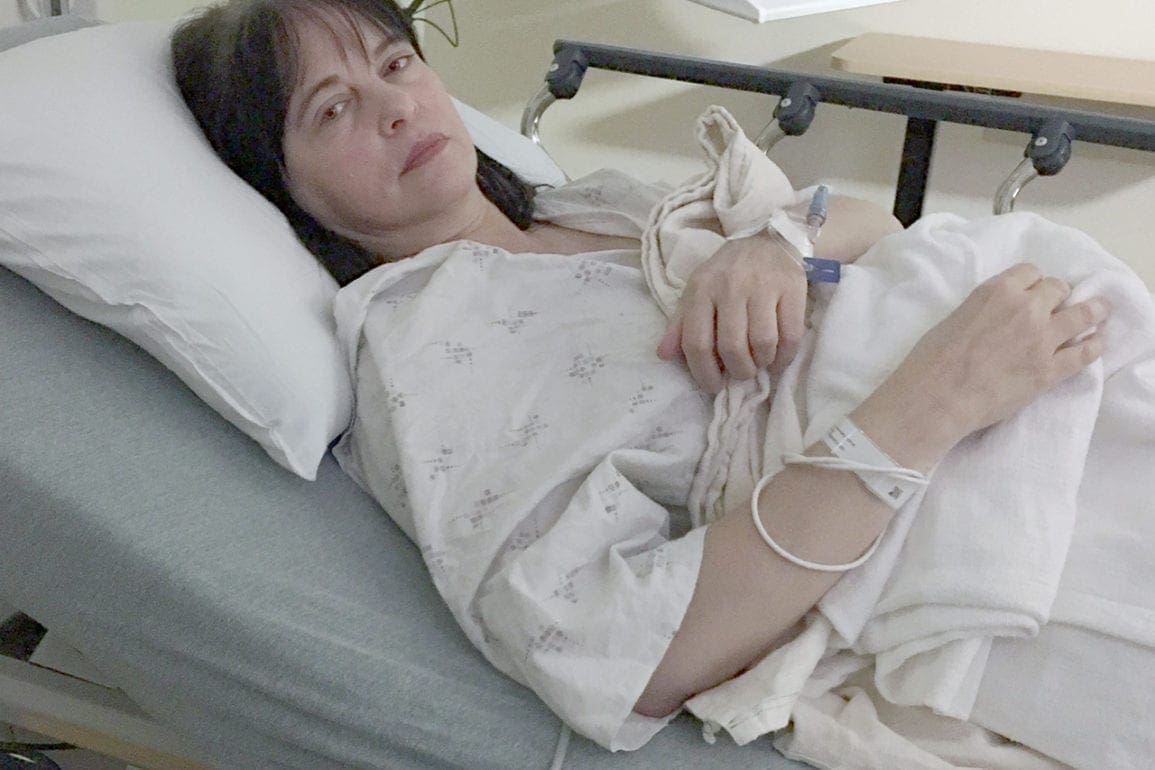Taliban soldiers killed people before his eyes, now this Afghani college student dreams again
Consumed by chaos, the scene before me erupted in gunfire, smoke, blood, and the sounds of screaming. The city plummeted into total darkness as citizens tried to save their own lives. I watched as people handed their babies over to the U.S. military in hopes of protecting them. We watched the Taliban shoot people right in front of our eyes.
- 2 years ago
September 11, 2023
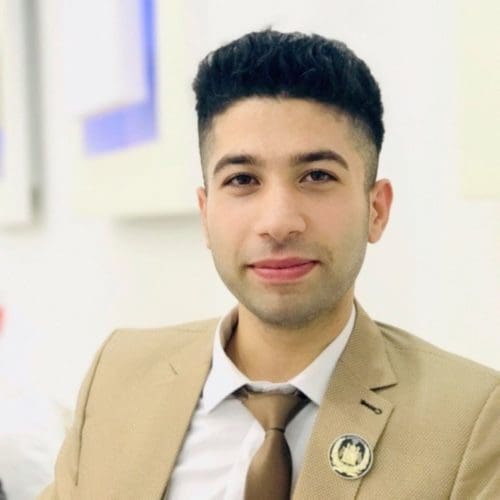
KABUL, Afghanistan ꟷ One night, I returned home from a conference I attended to find my father stocking our home with several months of supplies. Like so many in our society, he believed Kabul would see lasting conflict in the coming days. The news that night spoke of the deployment of U.S. and NATO forces at Kabul airport, but the real horror began the next day [on August 15, 2021, when the Taliban seized Afghanistan’s capital].
Read more stories out of Afghanistan from Orato World Media.
Total terror gripped Kabul
We awoke the next morning and ate breakfast as the Taliban established themselves at the gates of Kabul. After finishing our meal, we went out onto the streets to go to work. My father, who worked at the Peace Council, received an urgent call warning him to return home immediately. Soon after that, news announcements bellowed a frightening truth: the president escaped with a large sum of money in an airplane.
The faces of the people in the streets reflected fear. Total terror gripped Kabul and we had no idea where to run to. From one second to the next, things changed rapidly as citizens fled to their homes or to the homes of friends and neighbors. We watched our dreams disappear that afternoon as photos revealed the Taliban took over the presidential palace.
Announcements of evacuations taking place at Kabul airport soon pushed the whole population toward the airfield. We witnessed horrible scenes as Taliban soldiers positioned themselves at the gates. Each person trying to escape at the airport faced direct conflict with the terrorists.
Consumed by chaos, the scene before me erupted in gunfire, smoke, blood, and the sounds of screaming. The city plummeted into total darkness as citizens tried to save their own lives. I watched as people handed their babies over to the U.S. military in hopes of protecting them. We watched the Taliban shoot people right in front of our eyes. We returned home, our hope destroyed.
I found a new home in Argentina but my sister stayed behind
Nearly a year later, on July 14, 2022, I arrived in Argentina on a humanitarian visa issued by the Argentine government. The intervention of the UN Refugee Agency or UNHCR assured I could help the next generation in my country by studying International Relations at Austral University. I faced being uprooted with a positive attitude.
My trip began in Mashhad, Iran and continued with a 12-hour layover in Dubai. After two more hours of waiting in Brazil, I finally boarded the final flight to Argentina. In total, my travels took 36 hours. Exhaustion consumed me as I worried about not having a SIM card for my phone. Fears I might miss out on meeting the professor who would host me in his home gnawed at my mind. The real fear, though, came from Taliban. These monsters remained ever present on my mind.
When I speak of the Taliban, I speak of a group of people who reject human rights, and who only care about killing. For them, murder seems no different than drinking water. My father’s work made us a target. So, in 2022, my parents, eight siblings, and I fled our homeland.
One of my sisters stayed behind. As a doctor, she wanted to resist, but now she is trapped in her home, prey to this new system. Pain fills my heart and breaks my soul to think of her in that place, where those in power do not grant freedom.
I dream of more Afghani youth and women coming to Latin America
My choice to pursue an education in international relations in Argentina is no coincidence. My deep desire to fight for the rights of the most vulnerable and to achieve peace remains deeply influenced by my father. Behind my choice remains a dream: to build a society where people possess equal rights and can work together toward a better future for generations to come.
I spent the last couple years of my life studying the Spanish language and the culture of Latin America. As I learned about Argentina’s rich culture, kind people, beautiful natural resources, and their love of soccer, my interest piqued. Most importantly, though, I came to believe Argentina is the country which understands Afghanistan’s situation best.
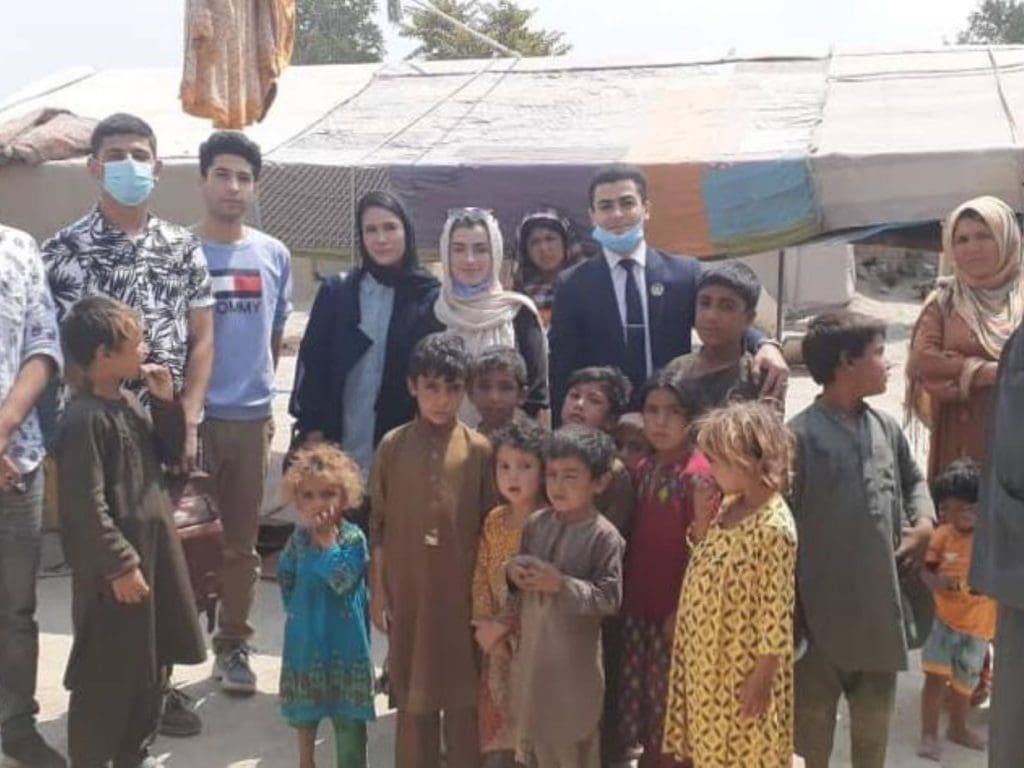
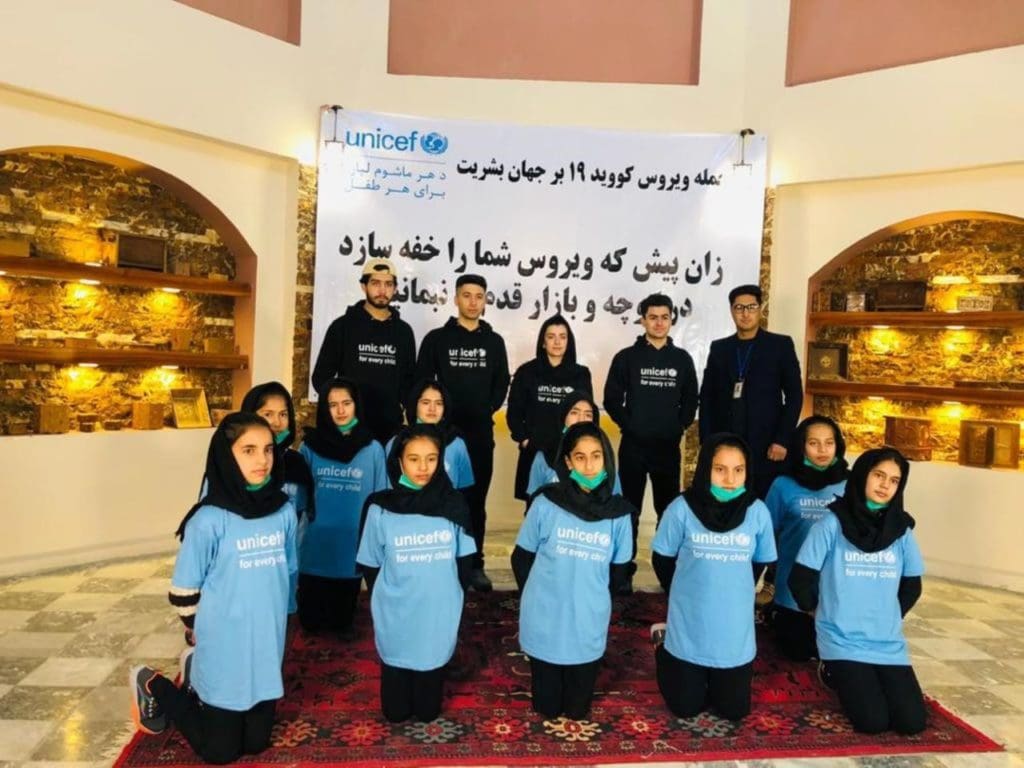
Together with the director of the Afghan studies program I want to encourage Afghani people to migrate to Latin America; to bring young people and women from Afghanistan to study here. Taking this bold step to come to Argentina, I feel encouraged and I have hope. Although the traumatizing experiences in Kabul remain tattooed on my body and in my mind, I once again believe I can build a future for myself.

